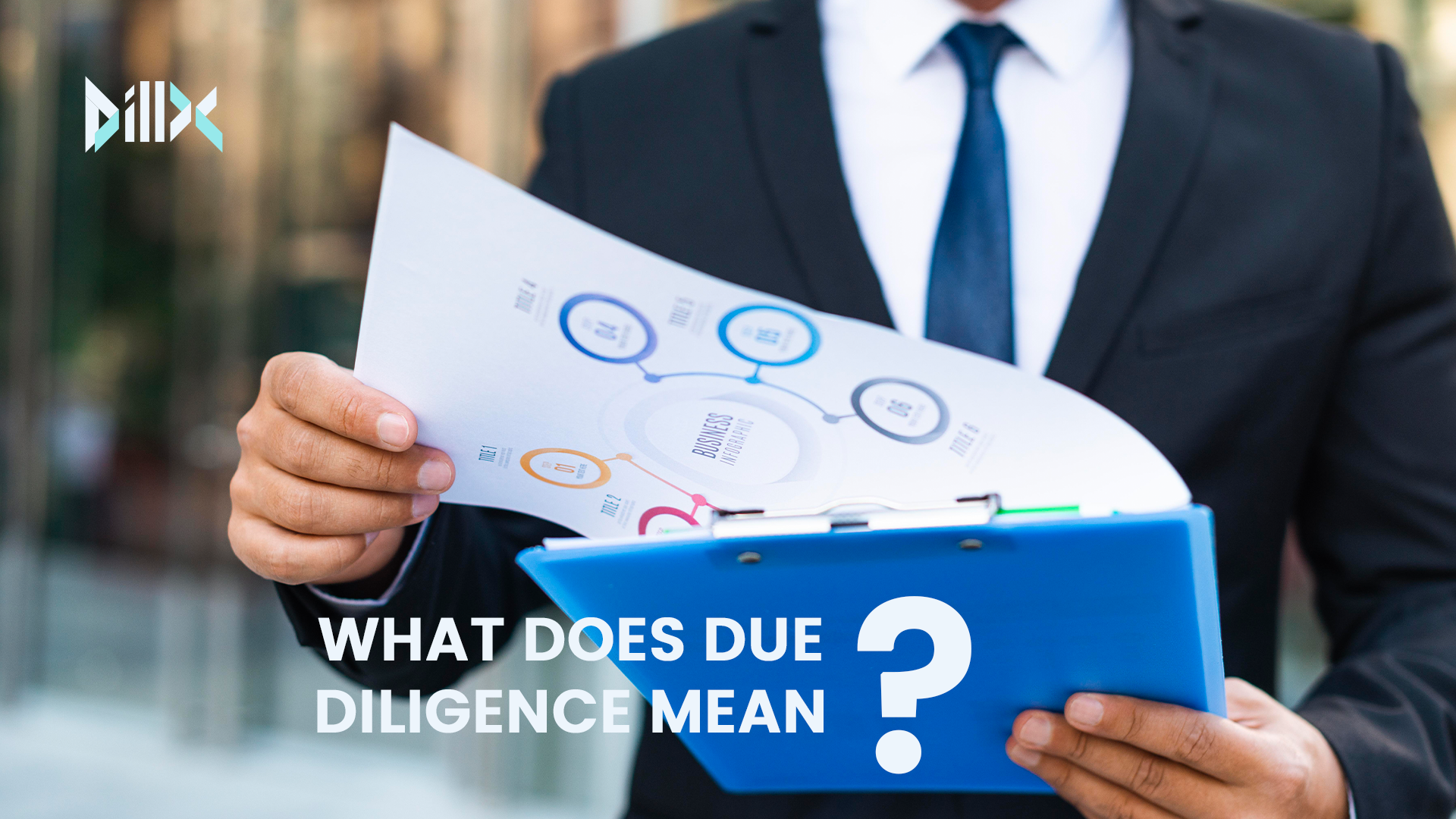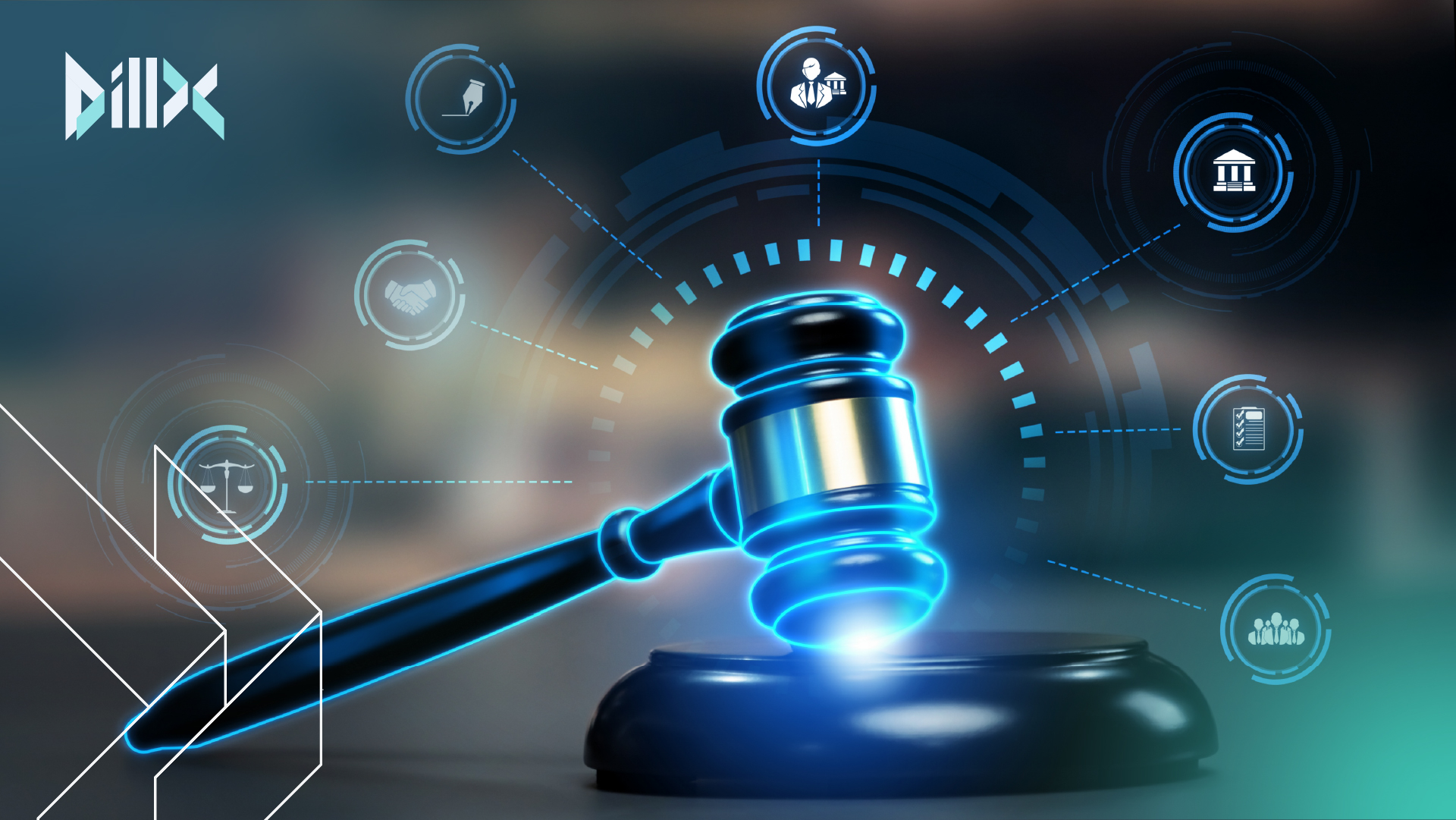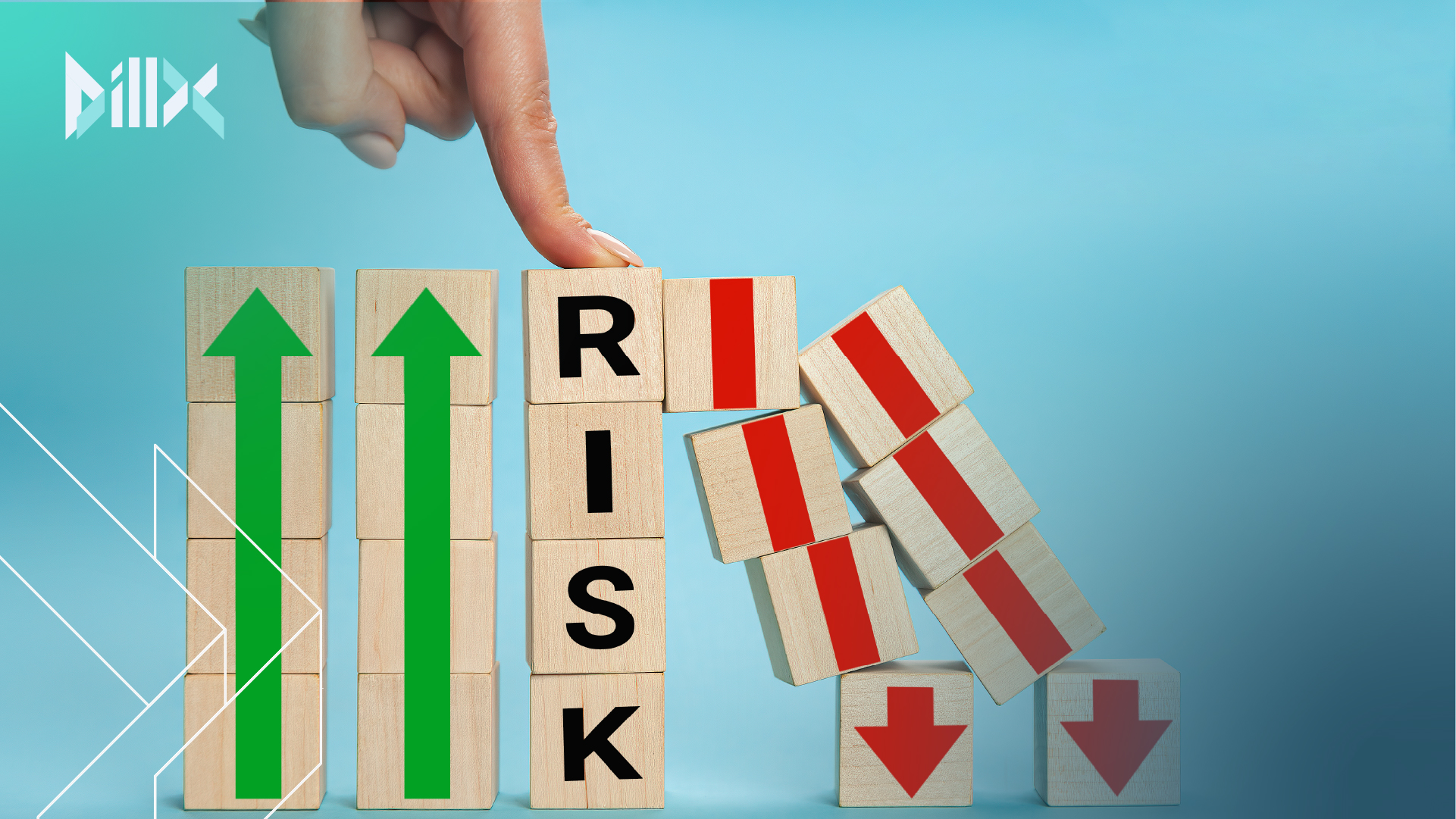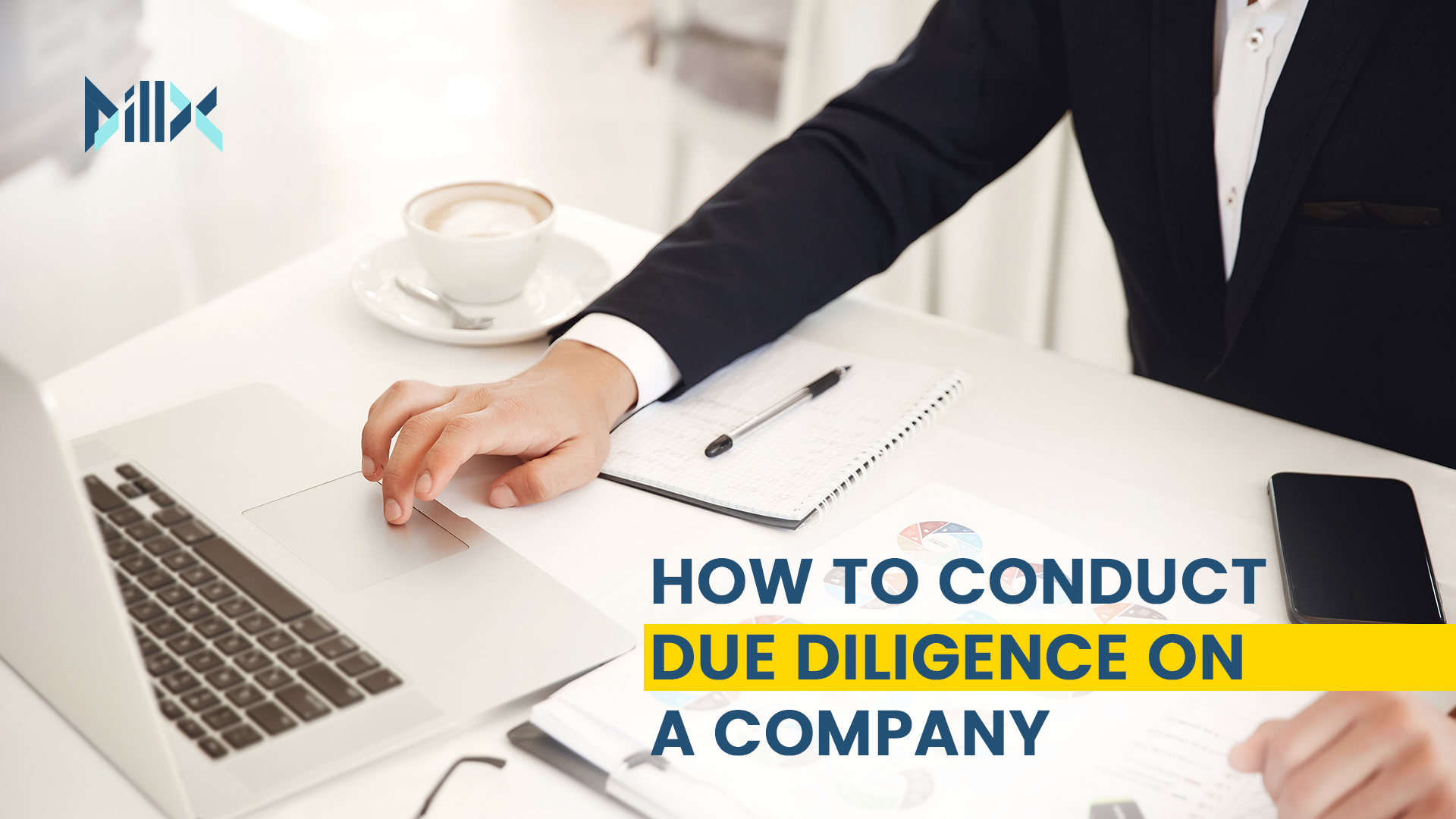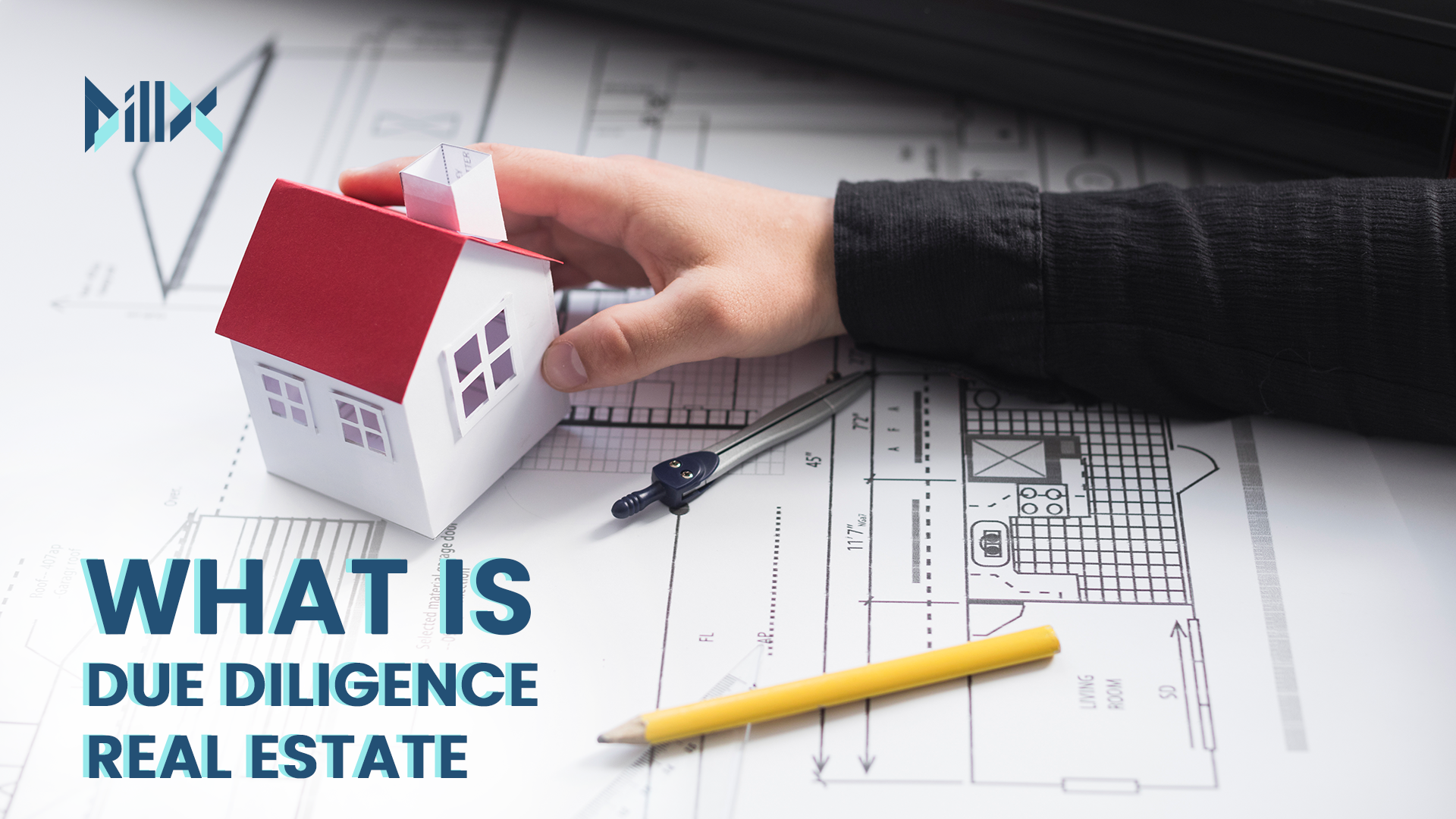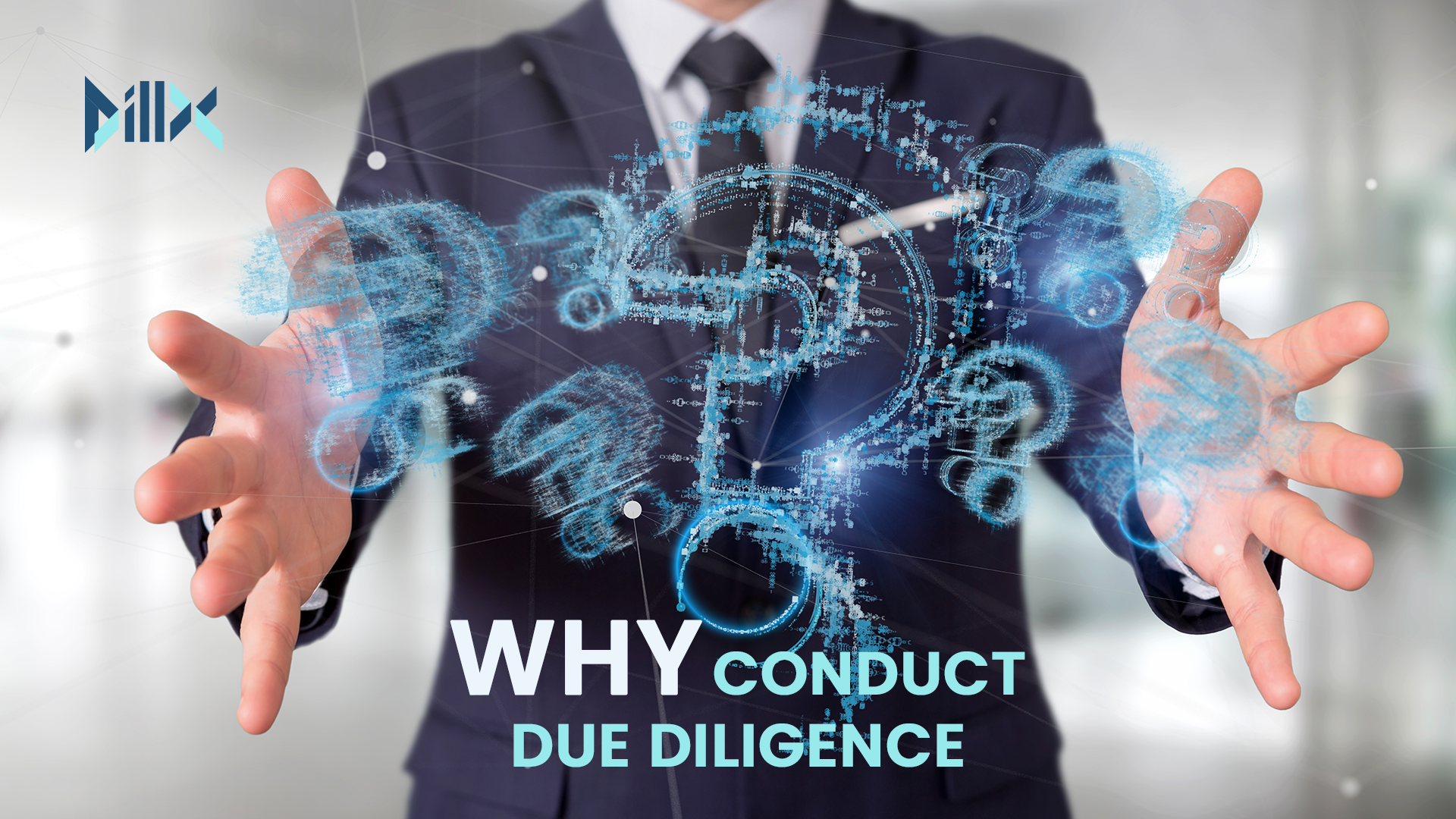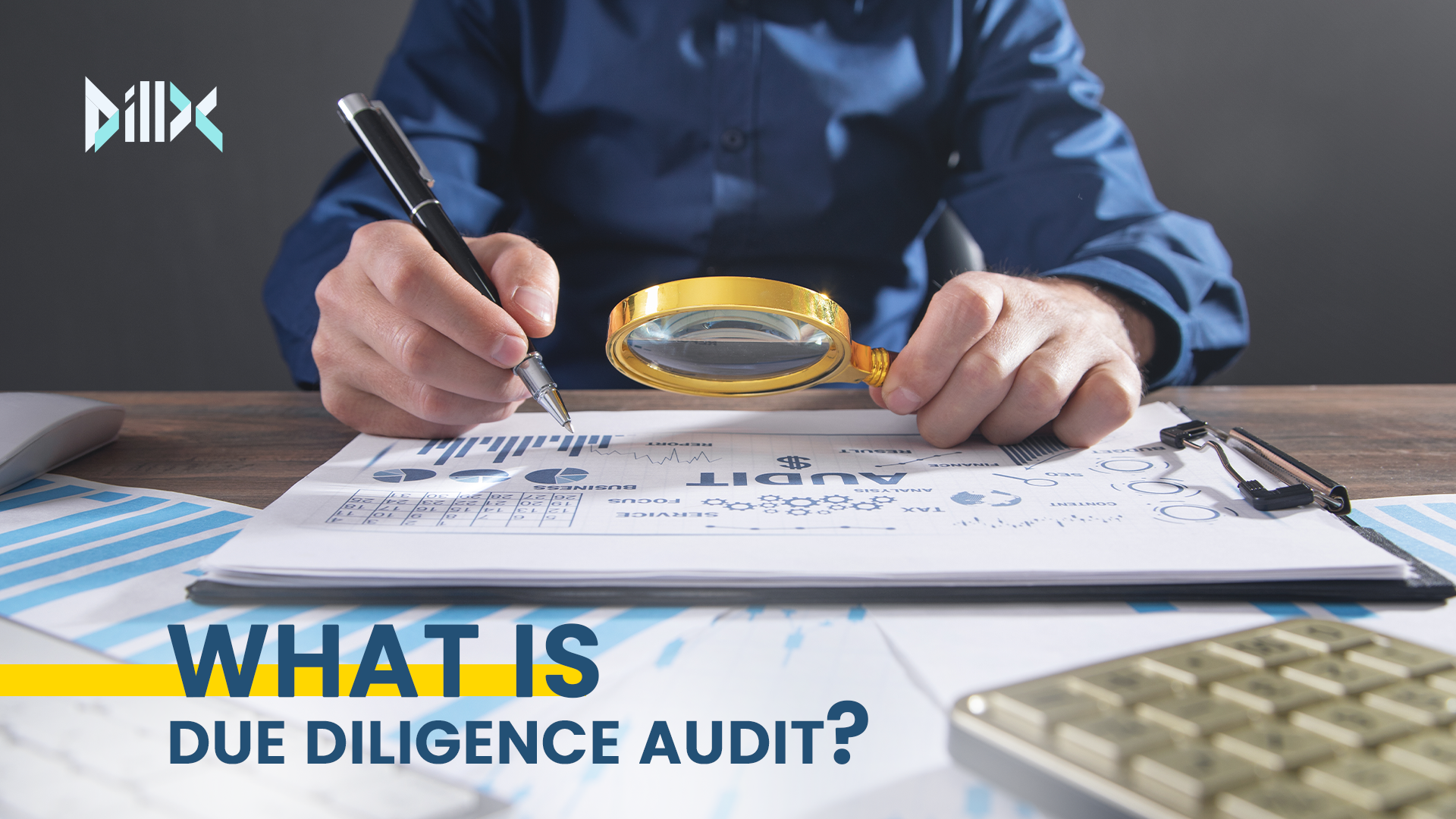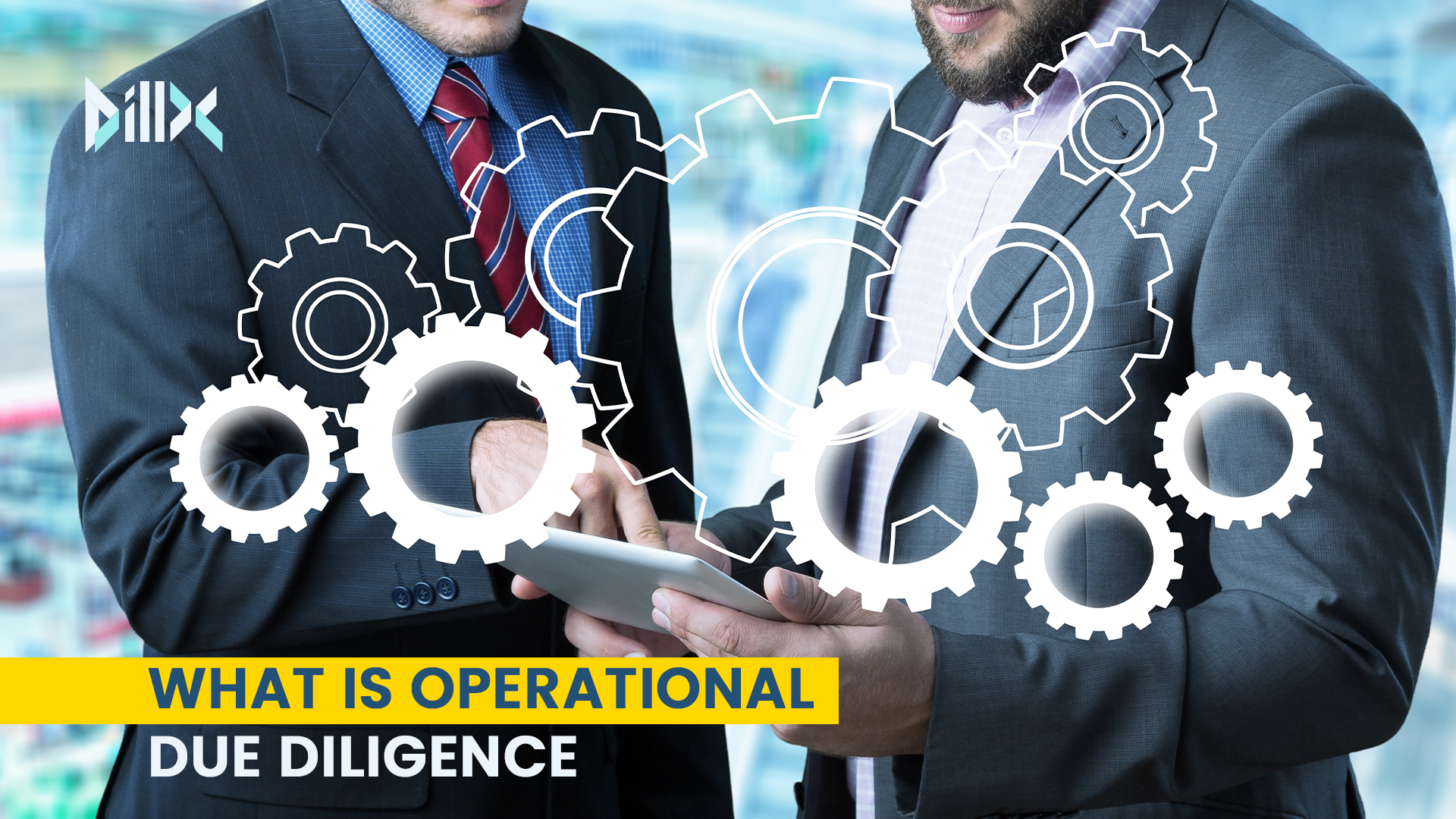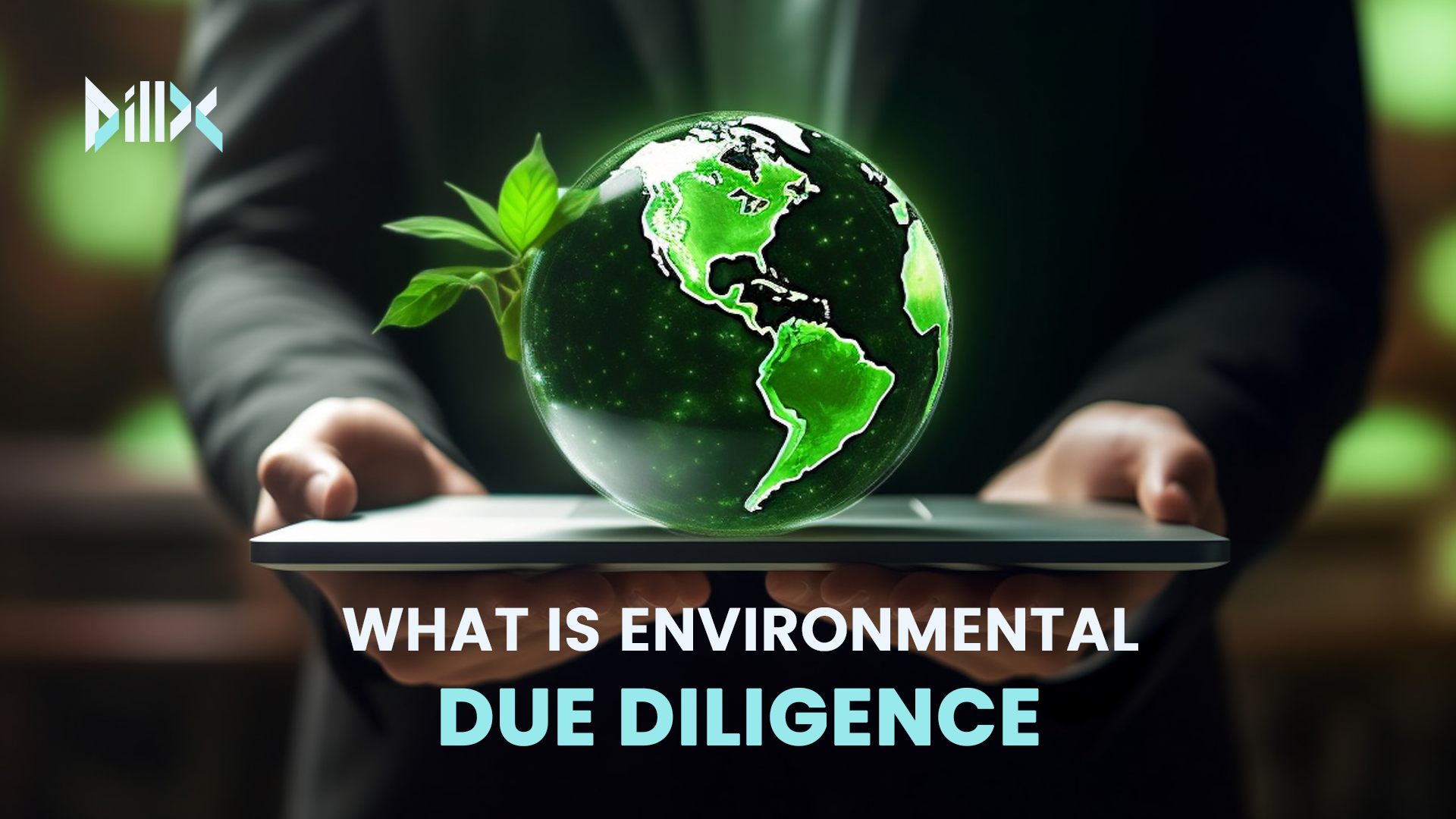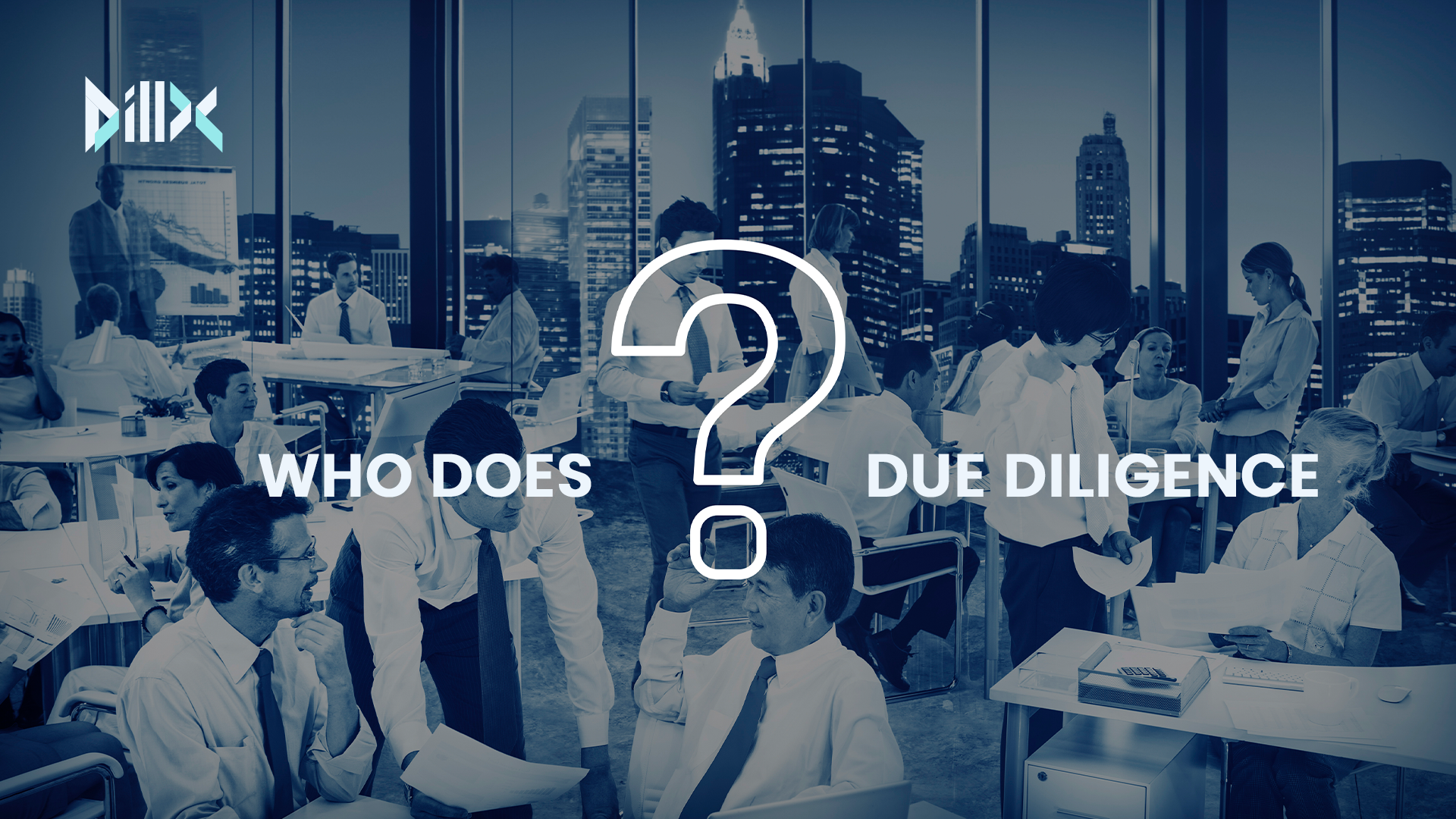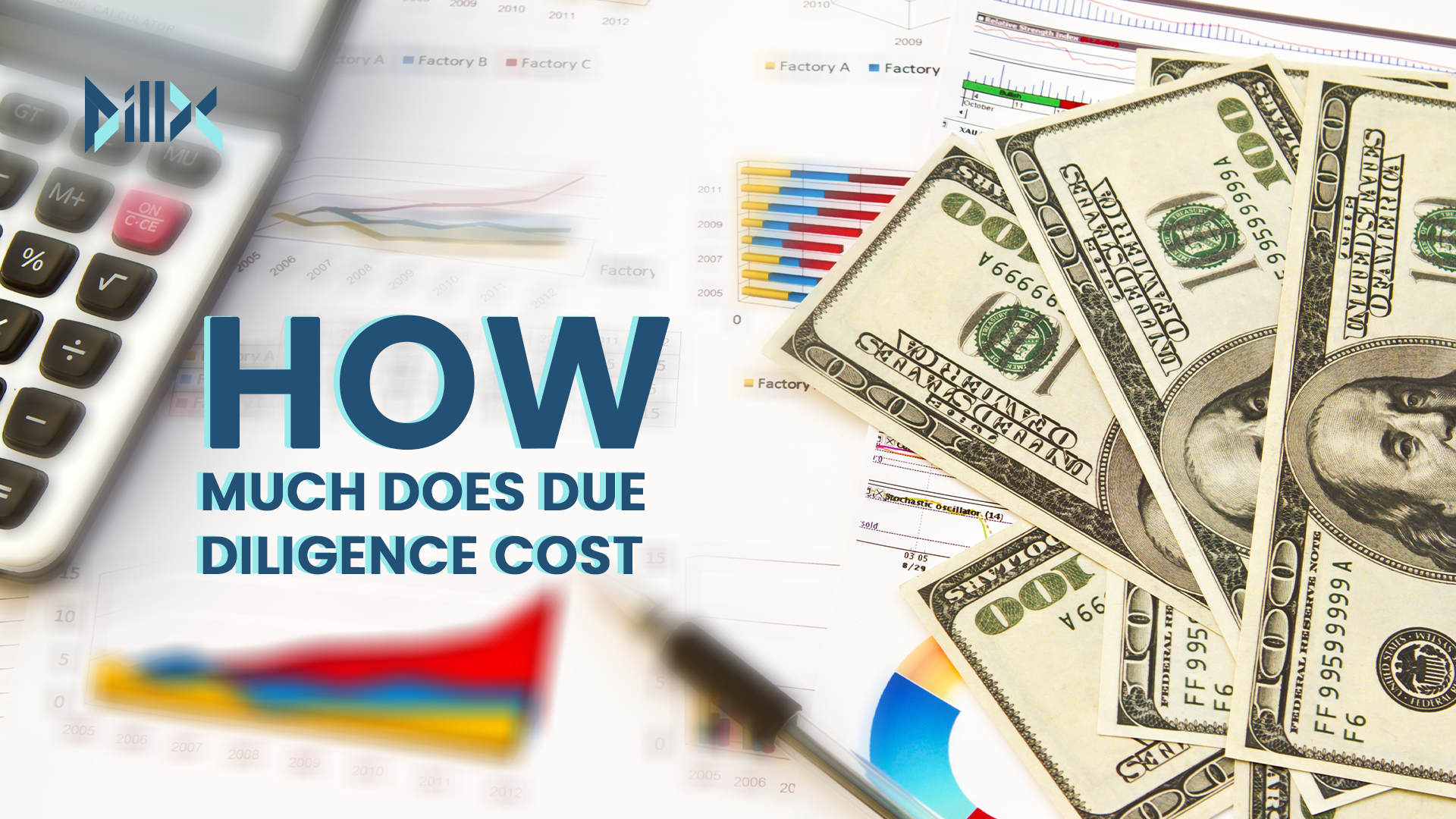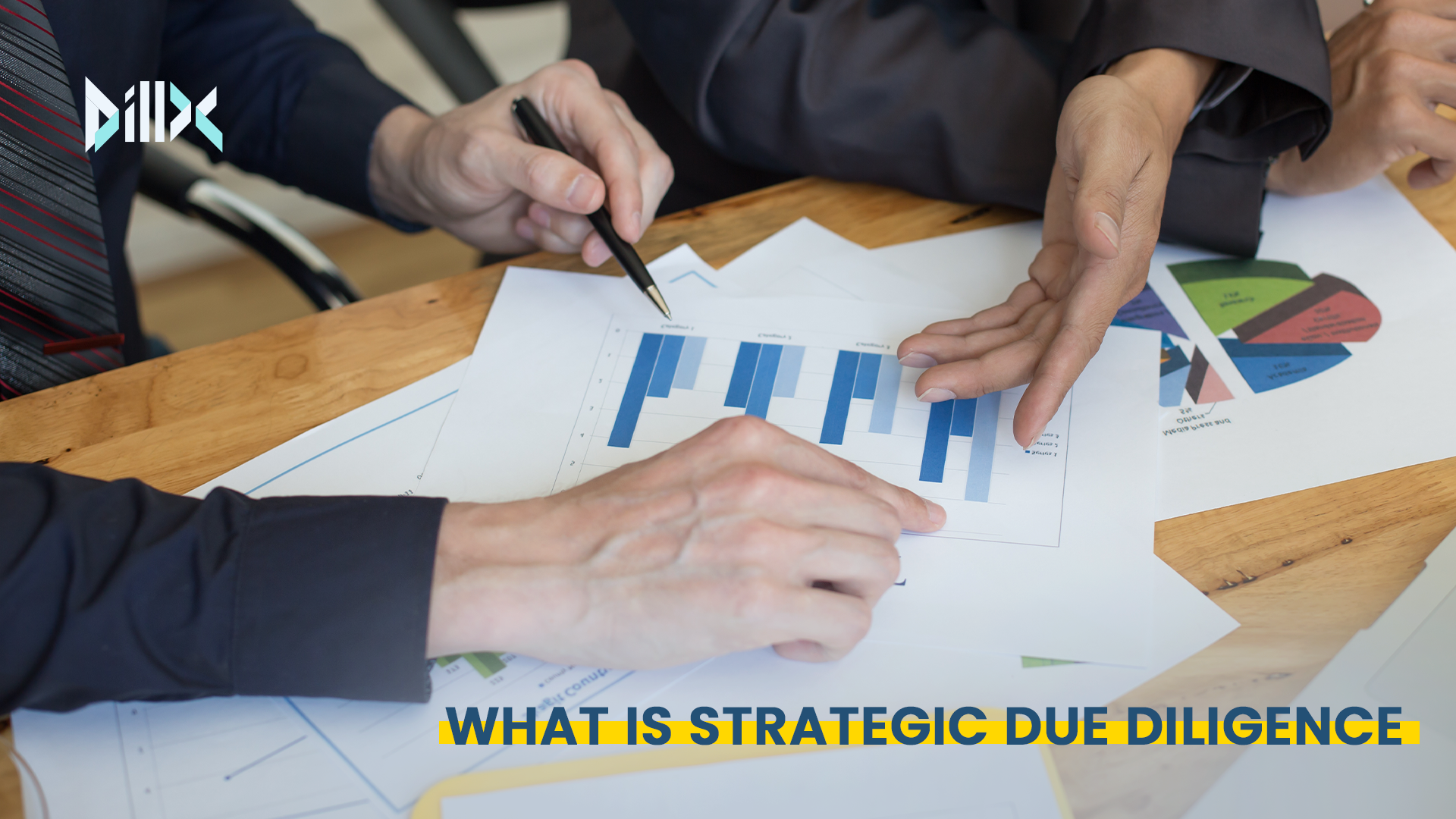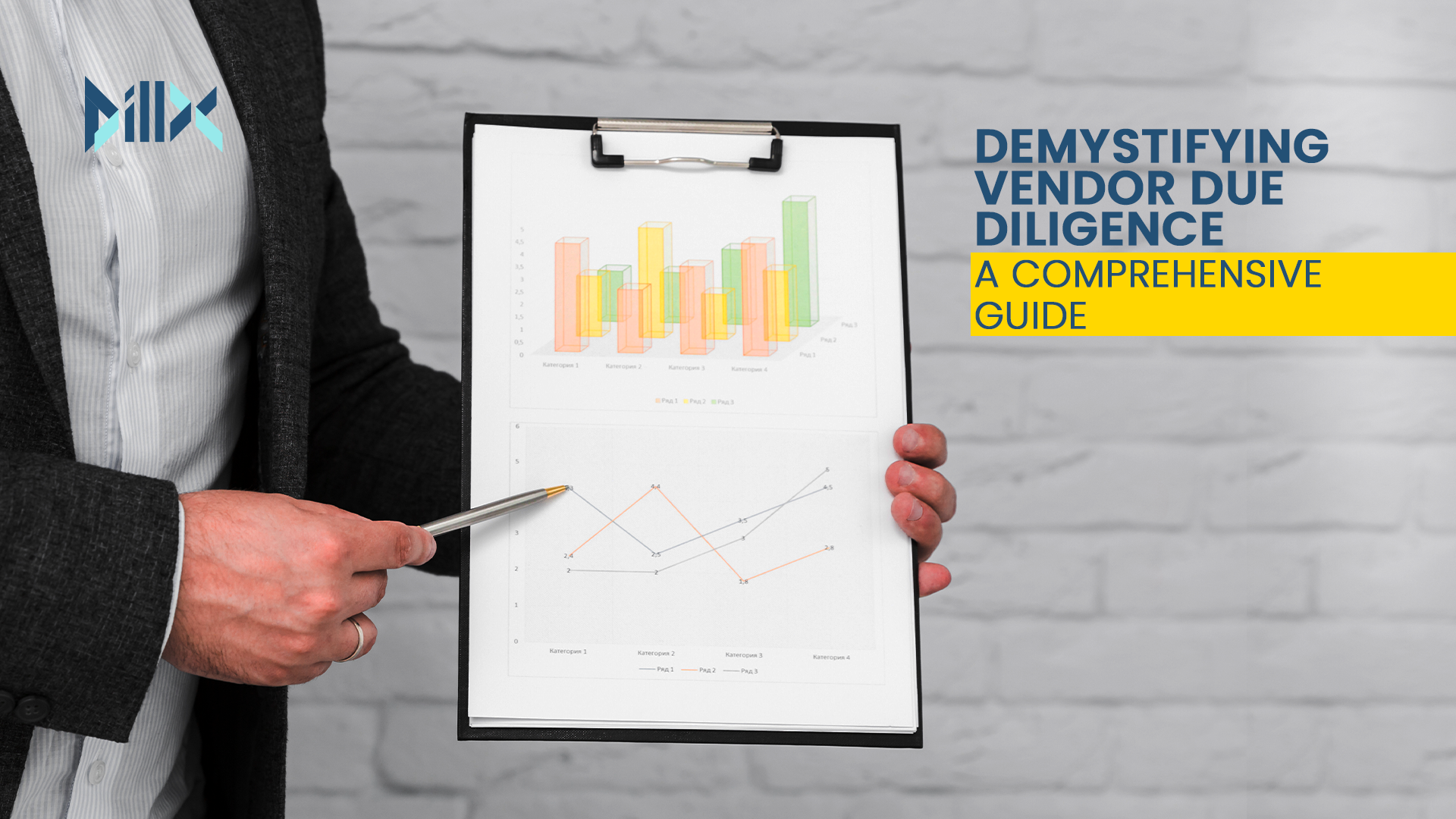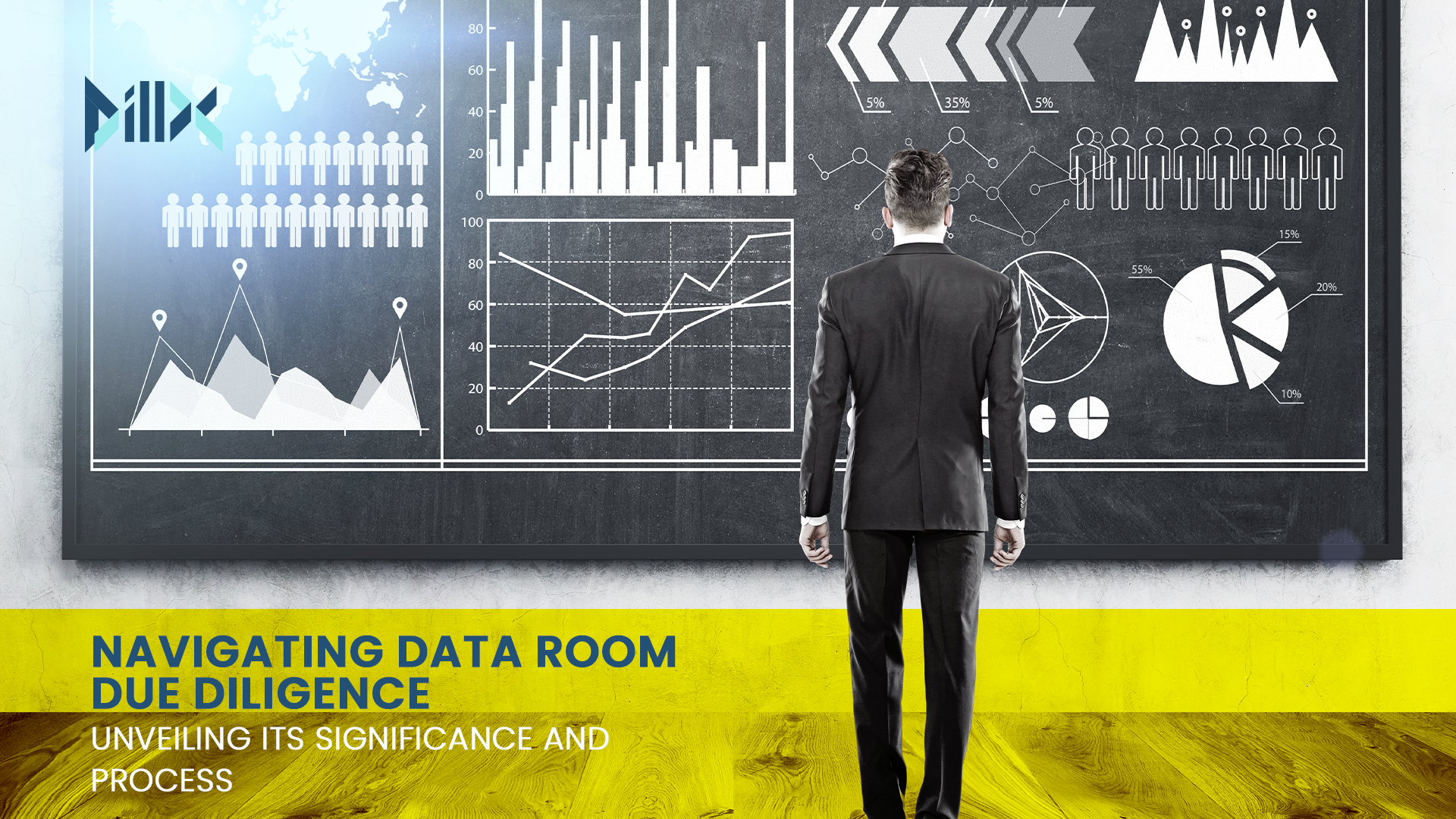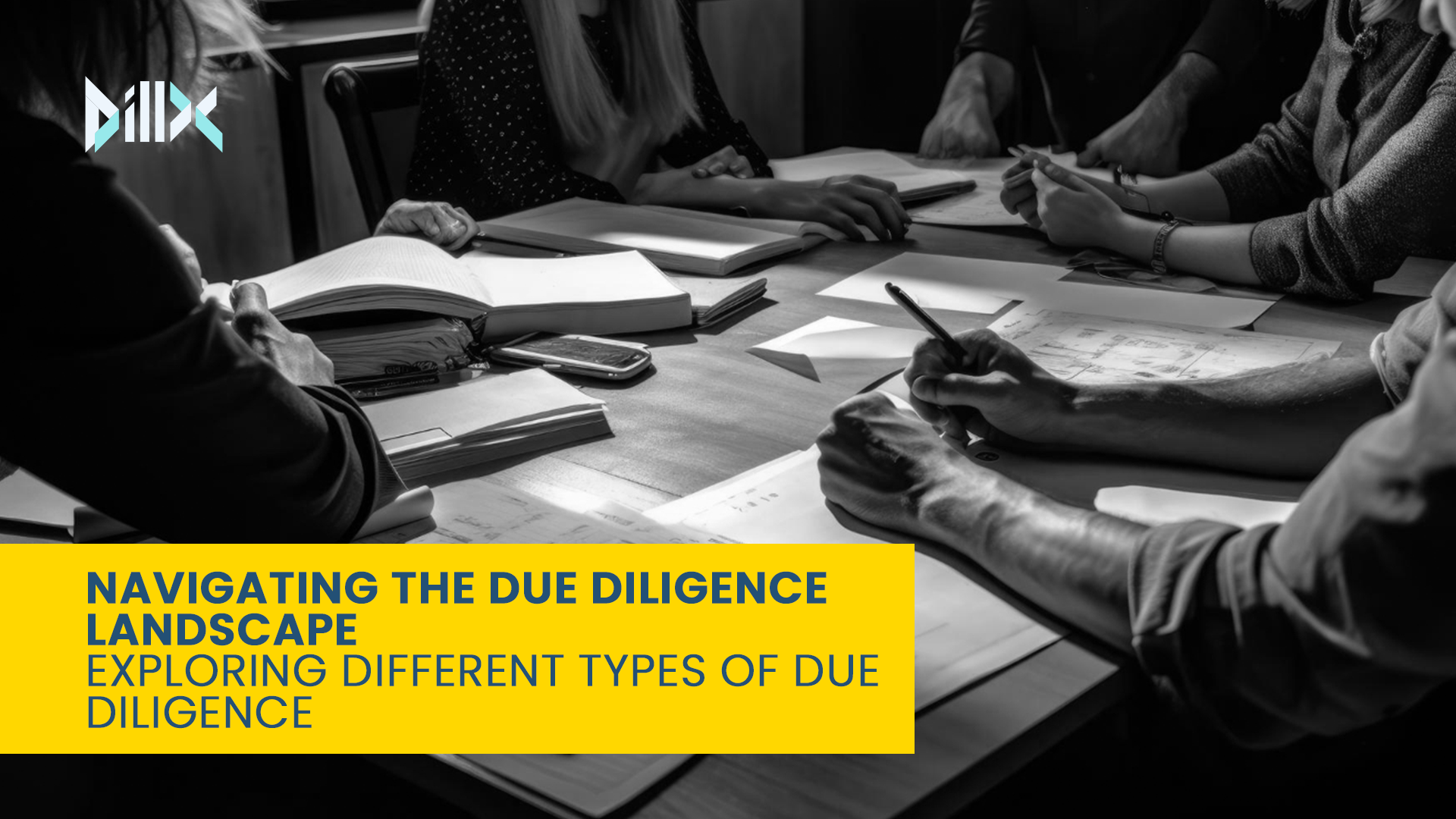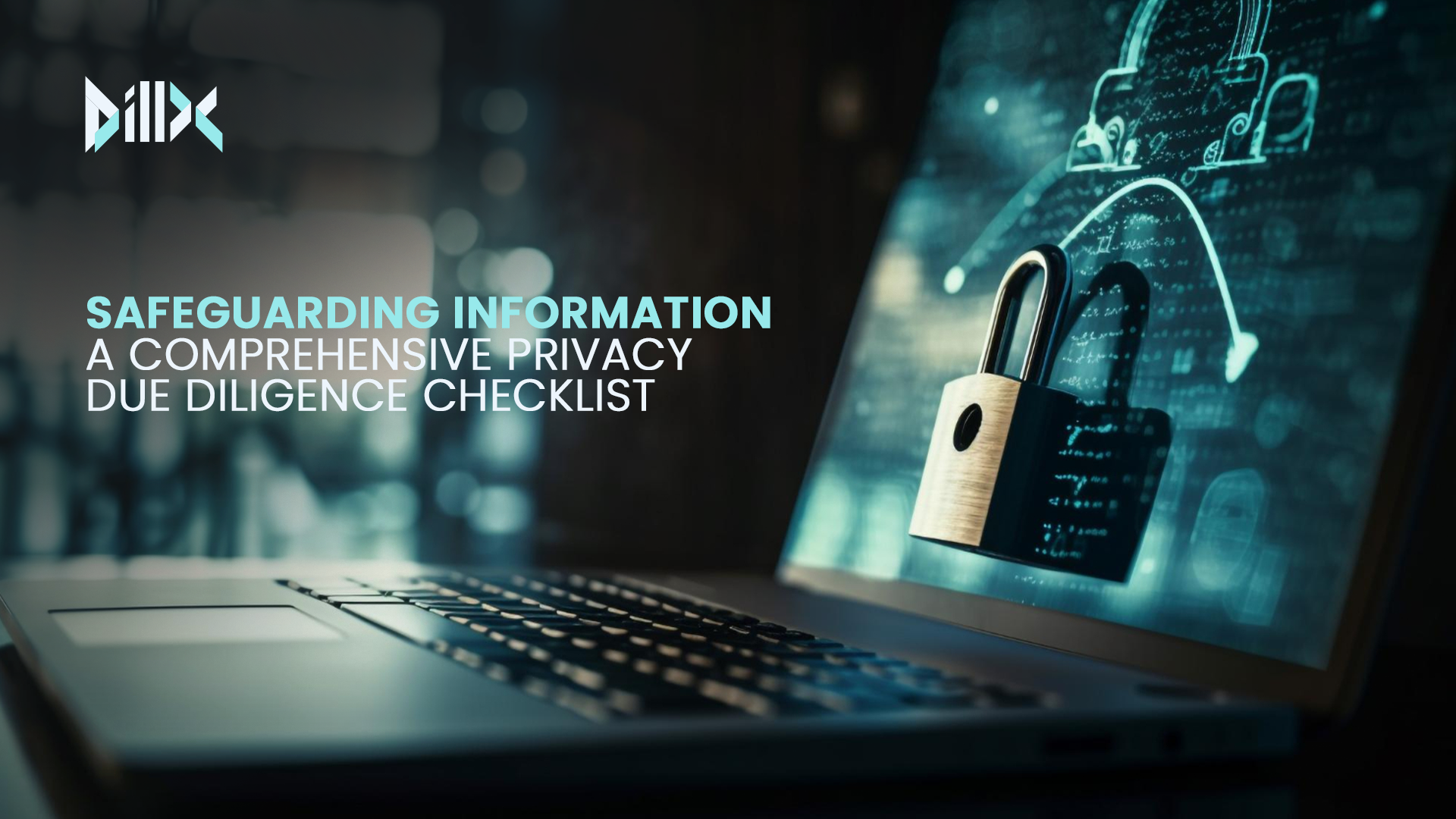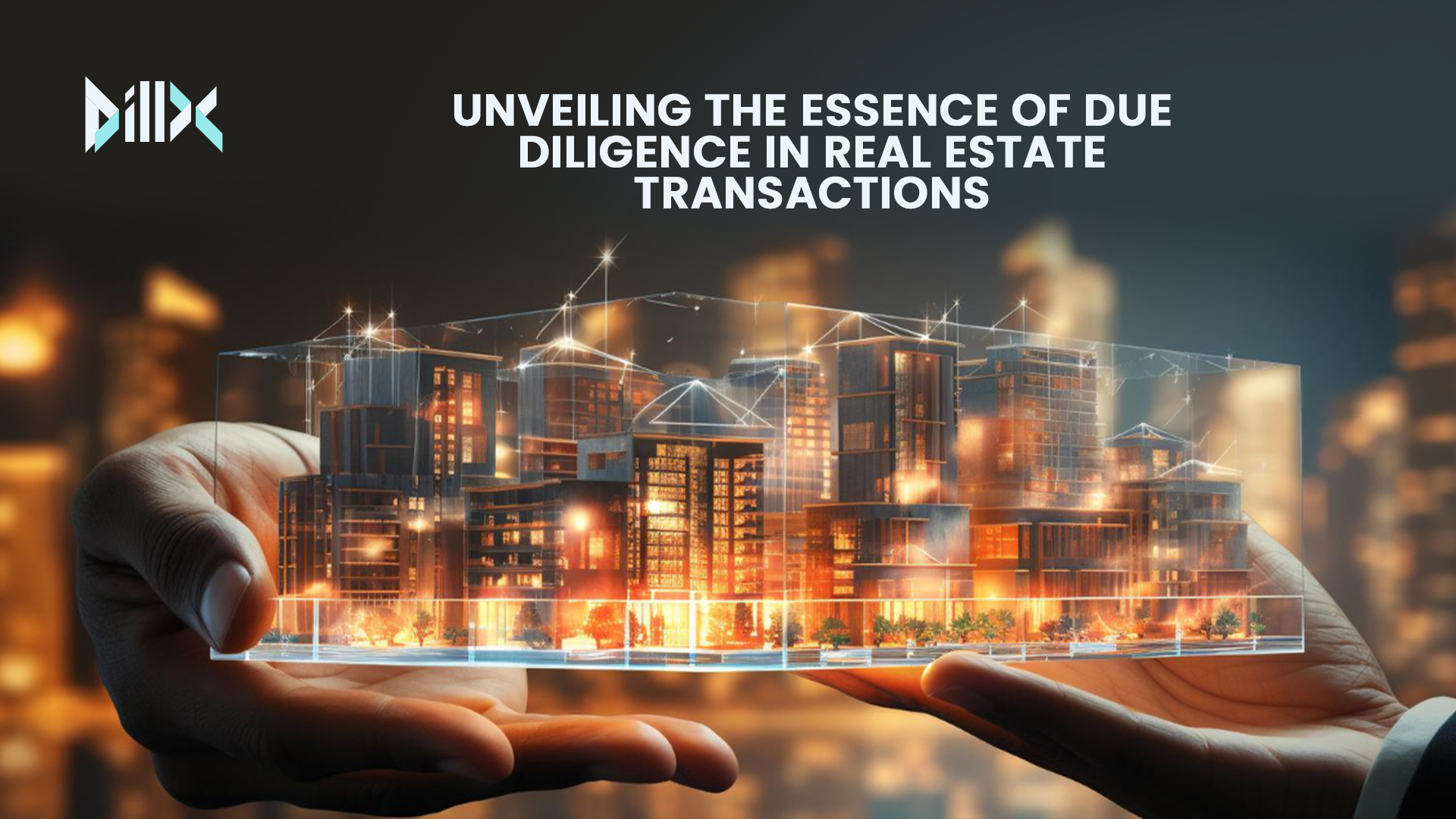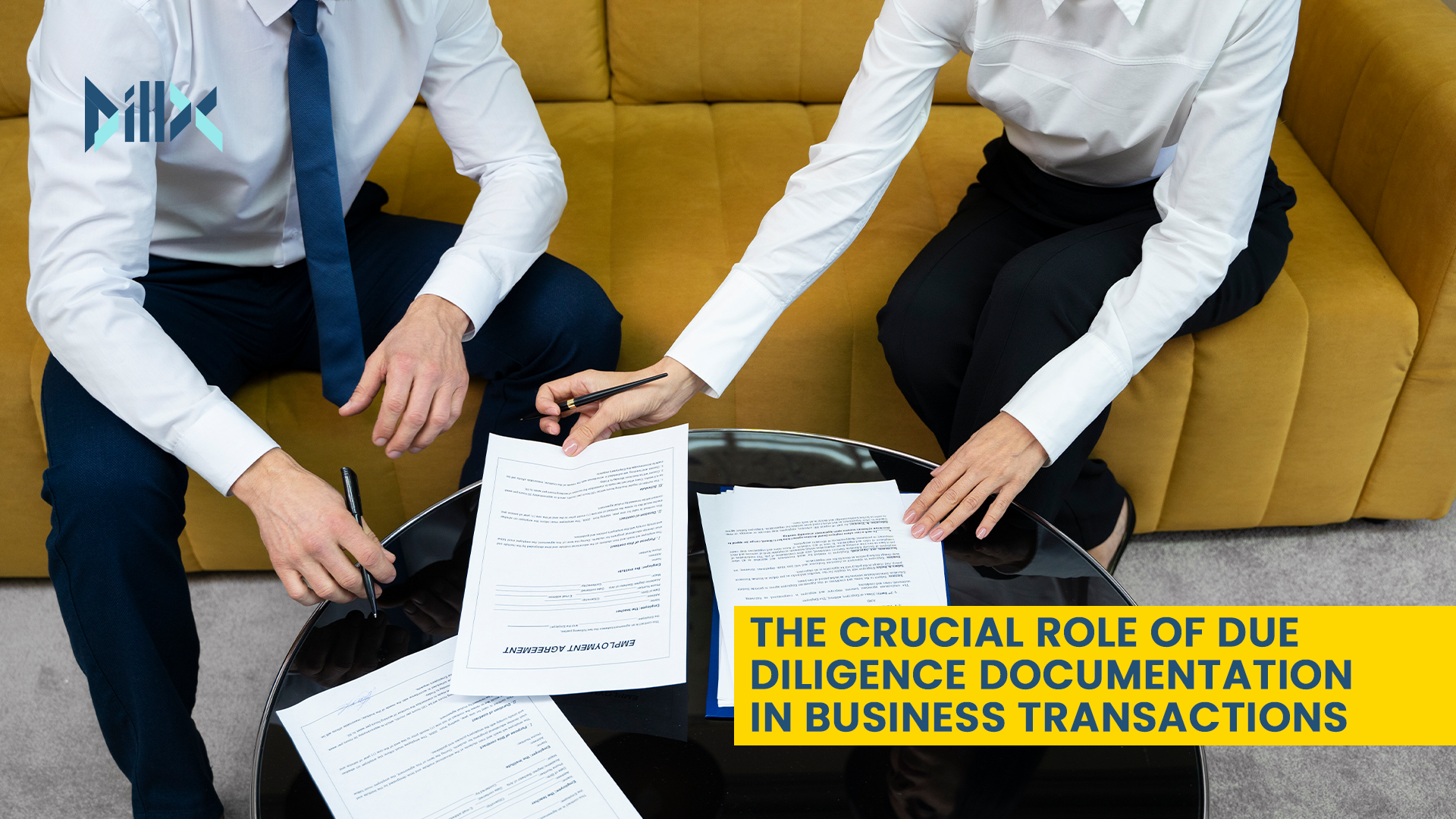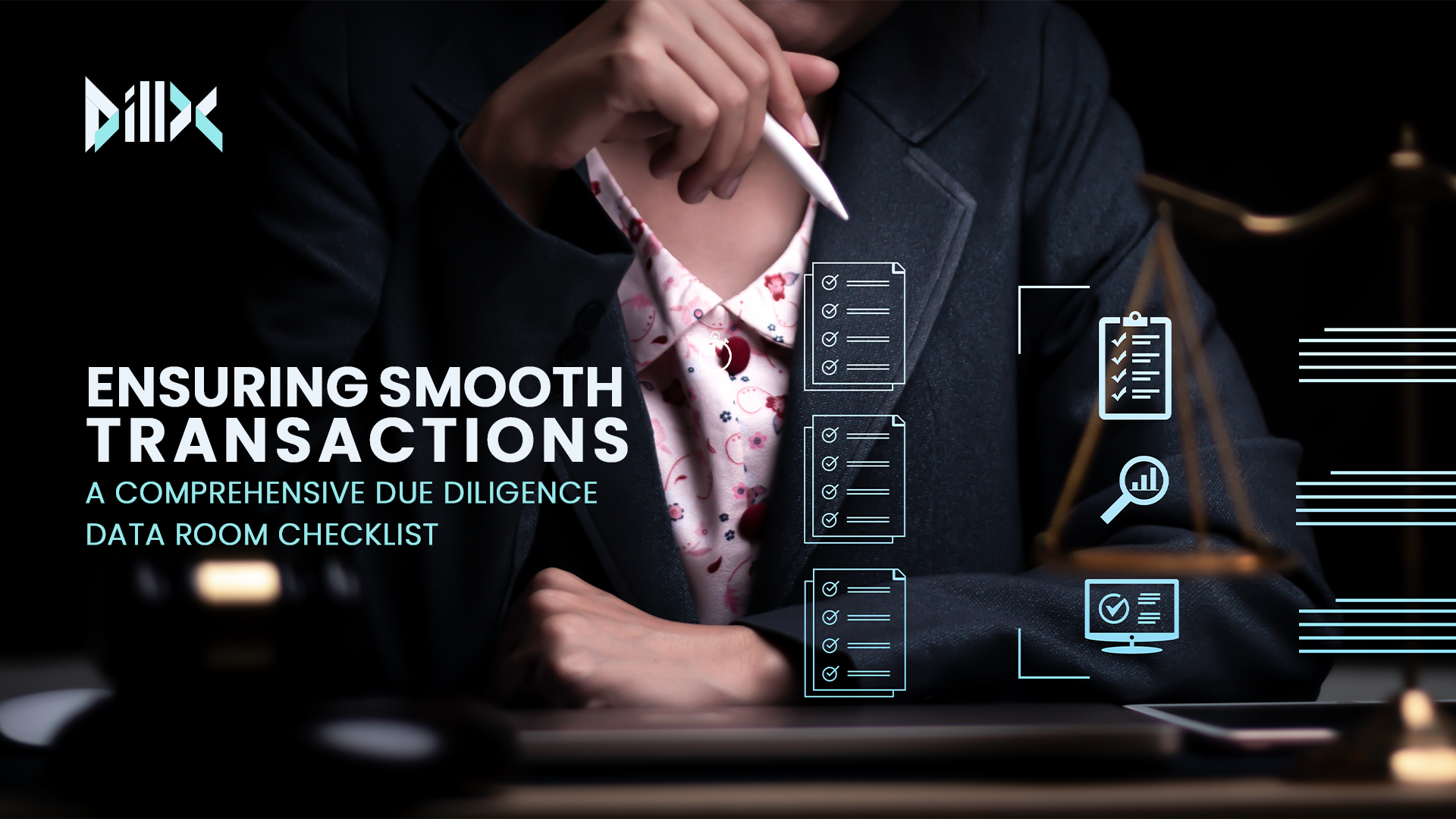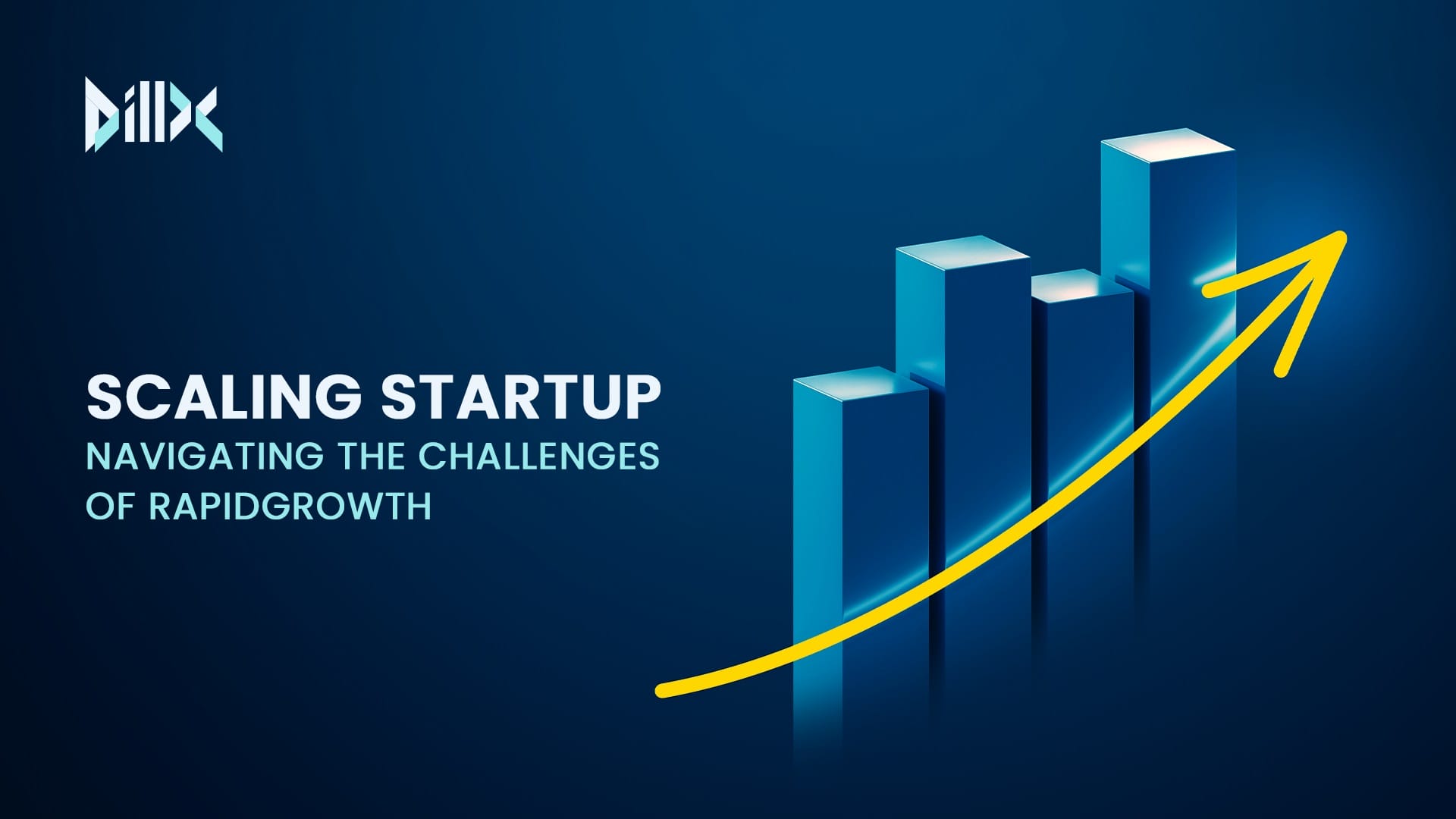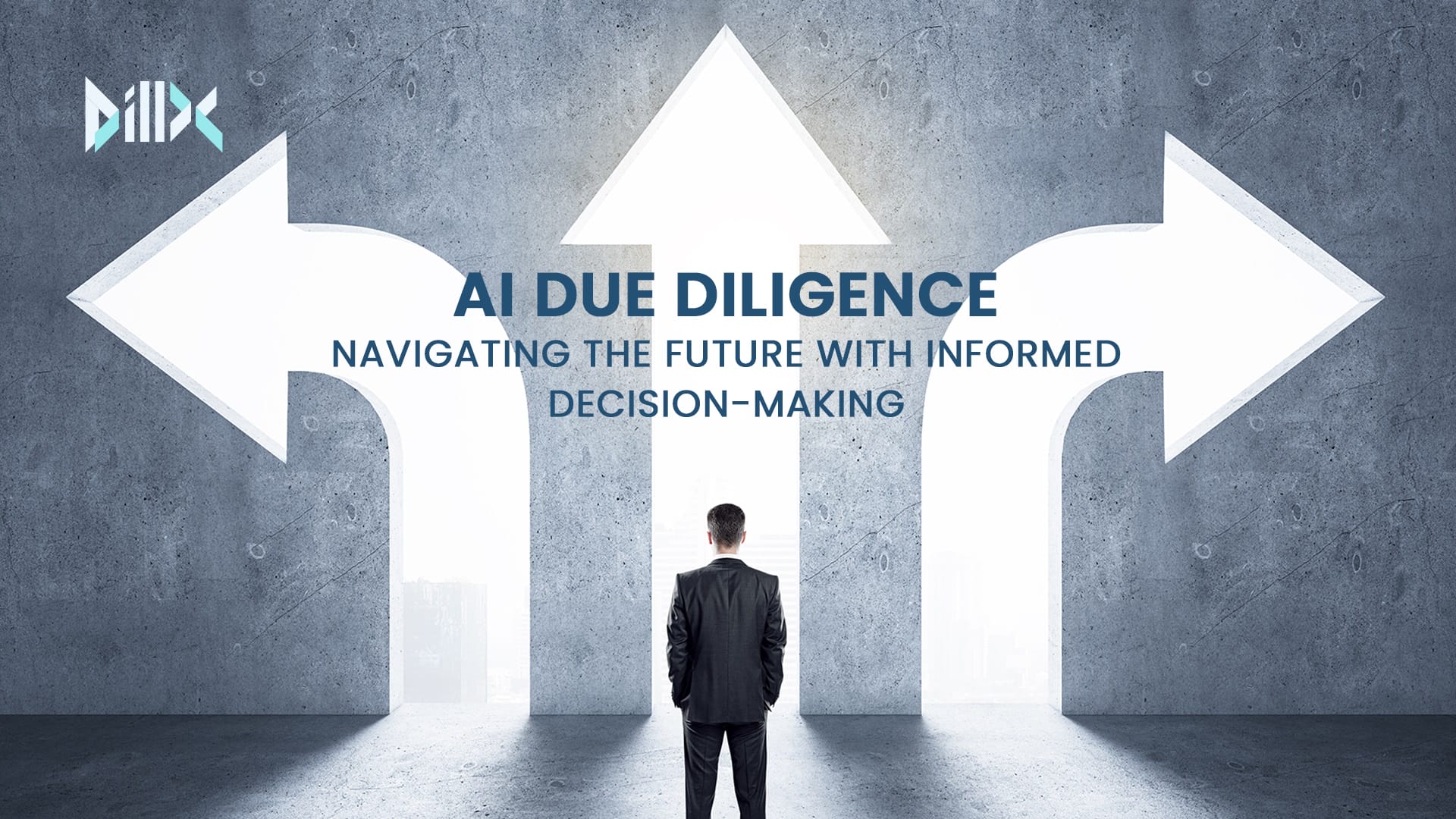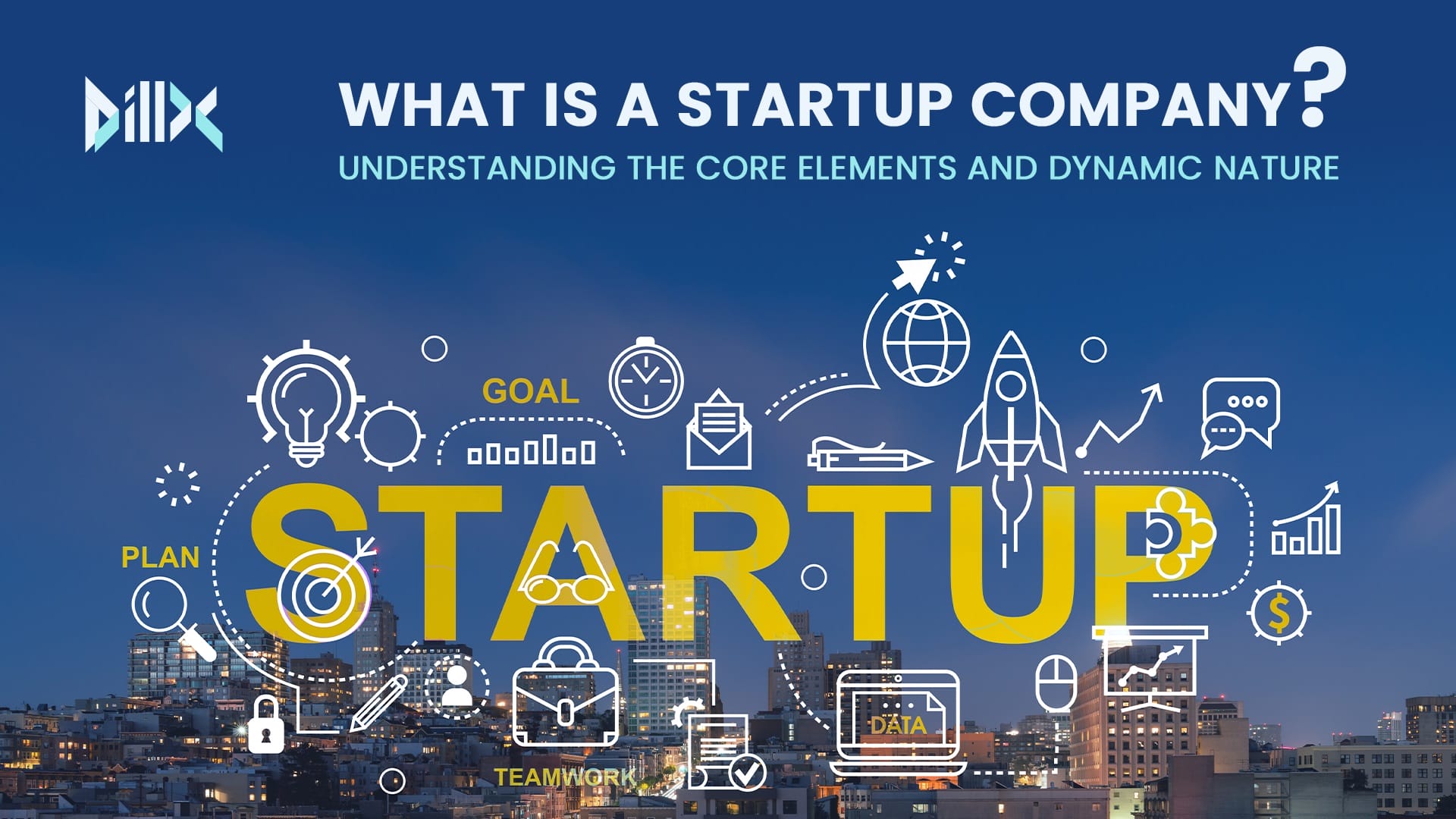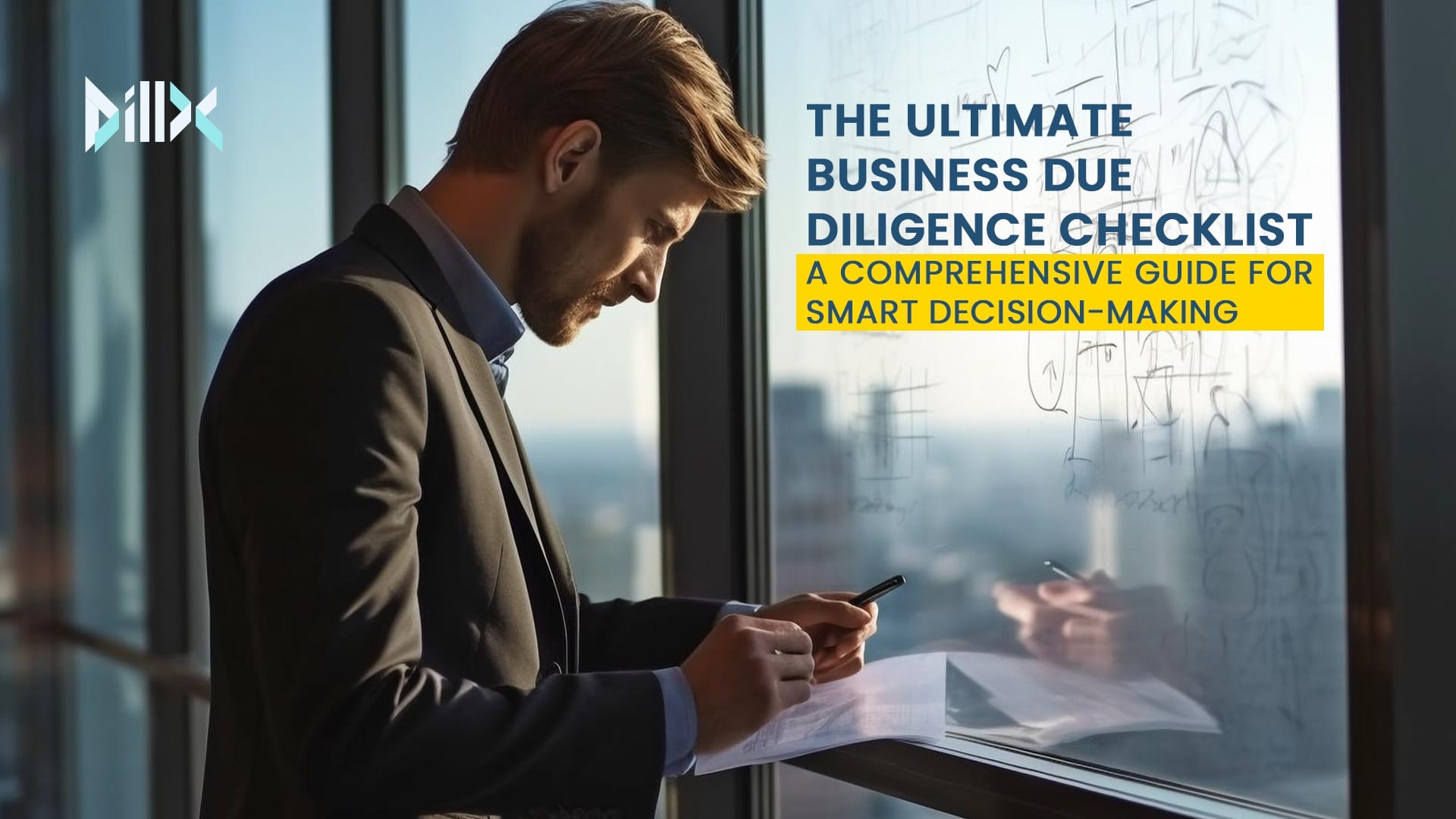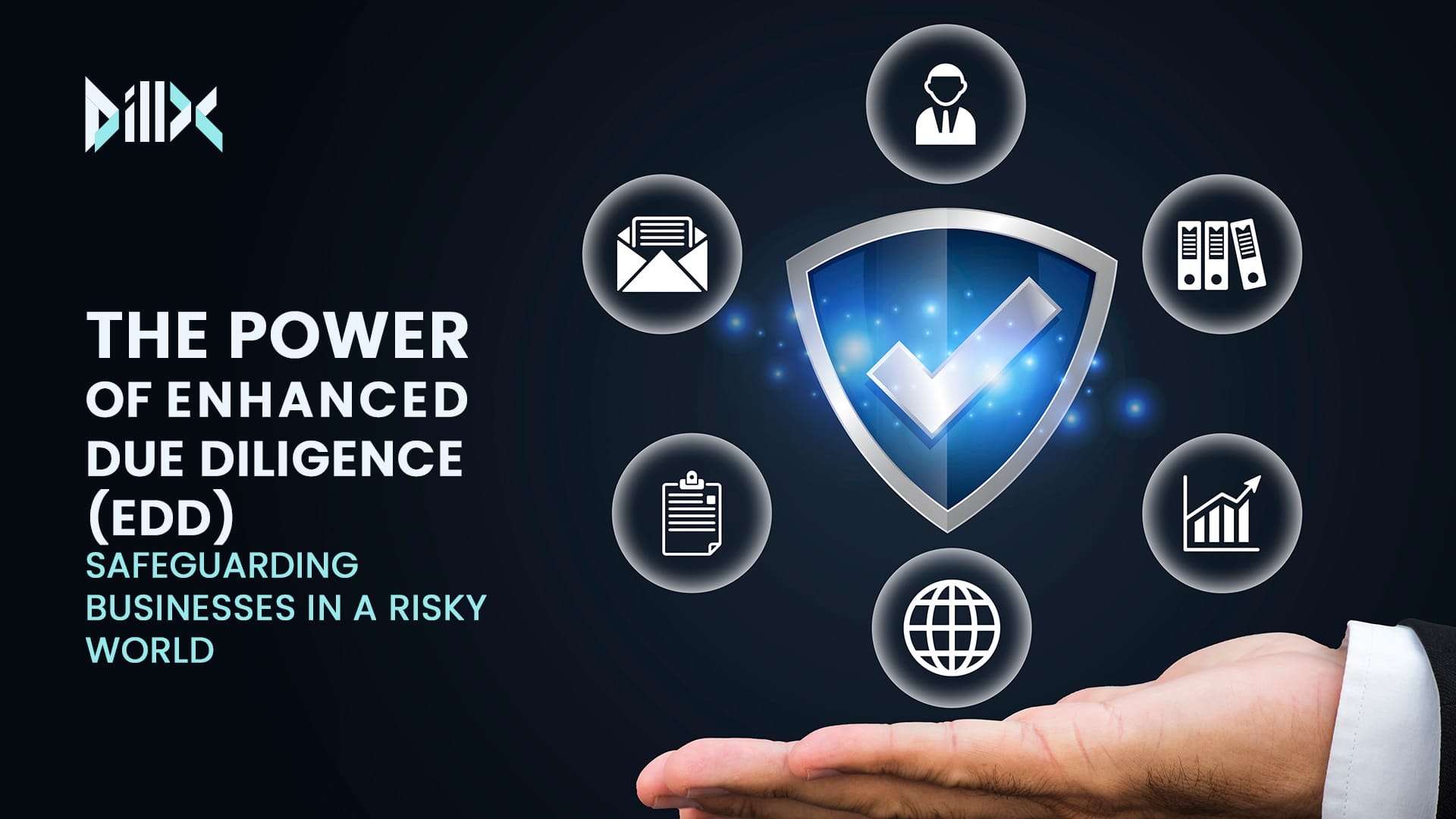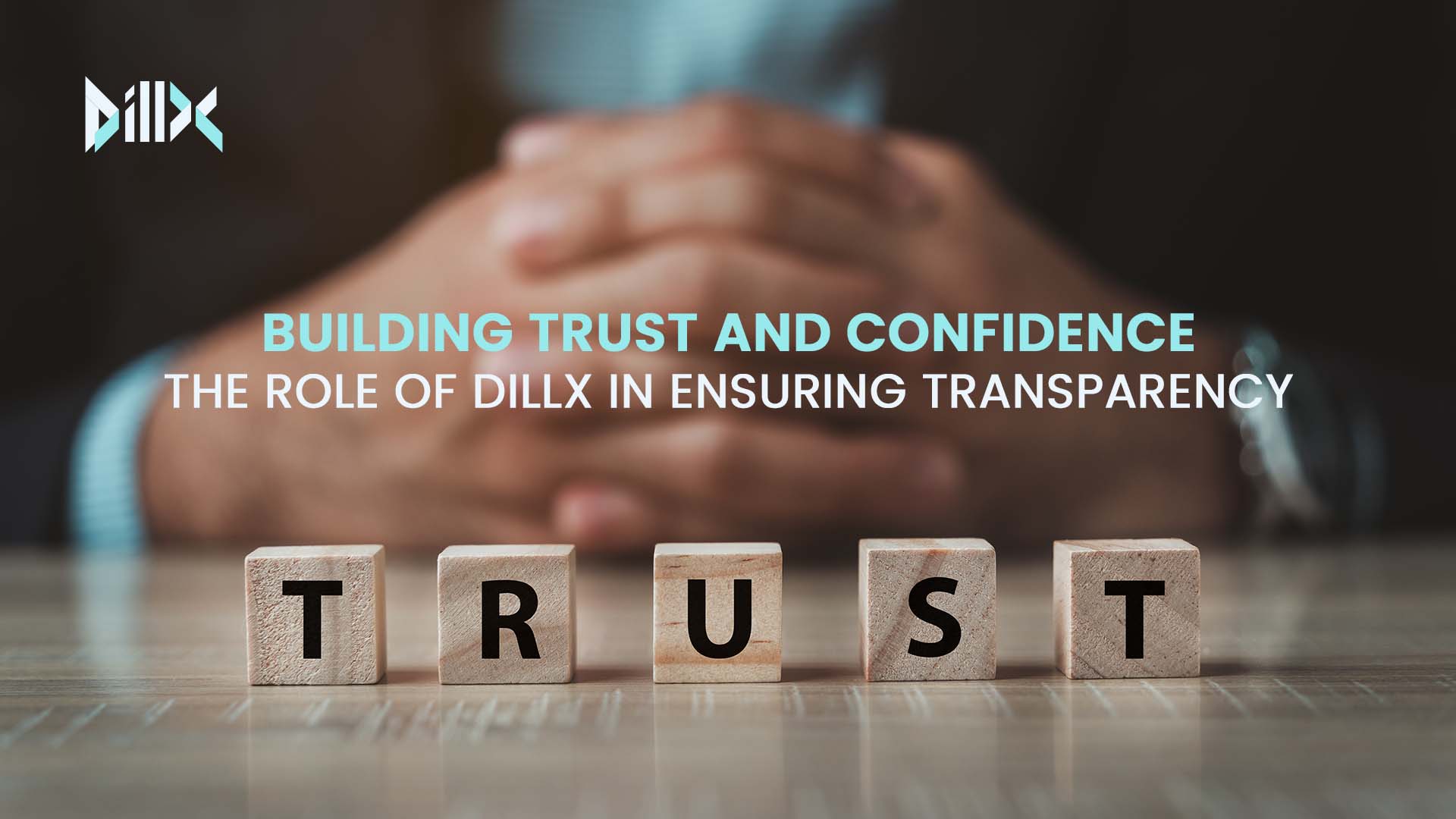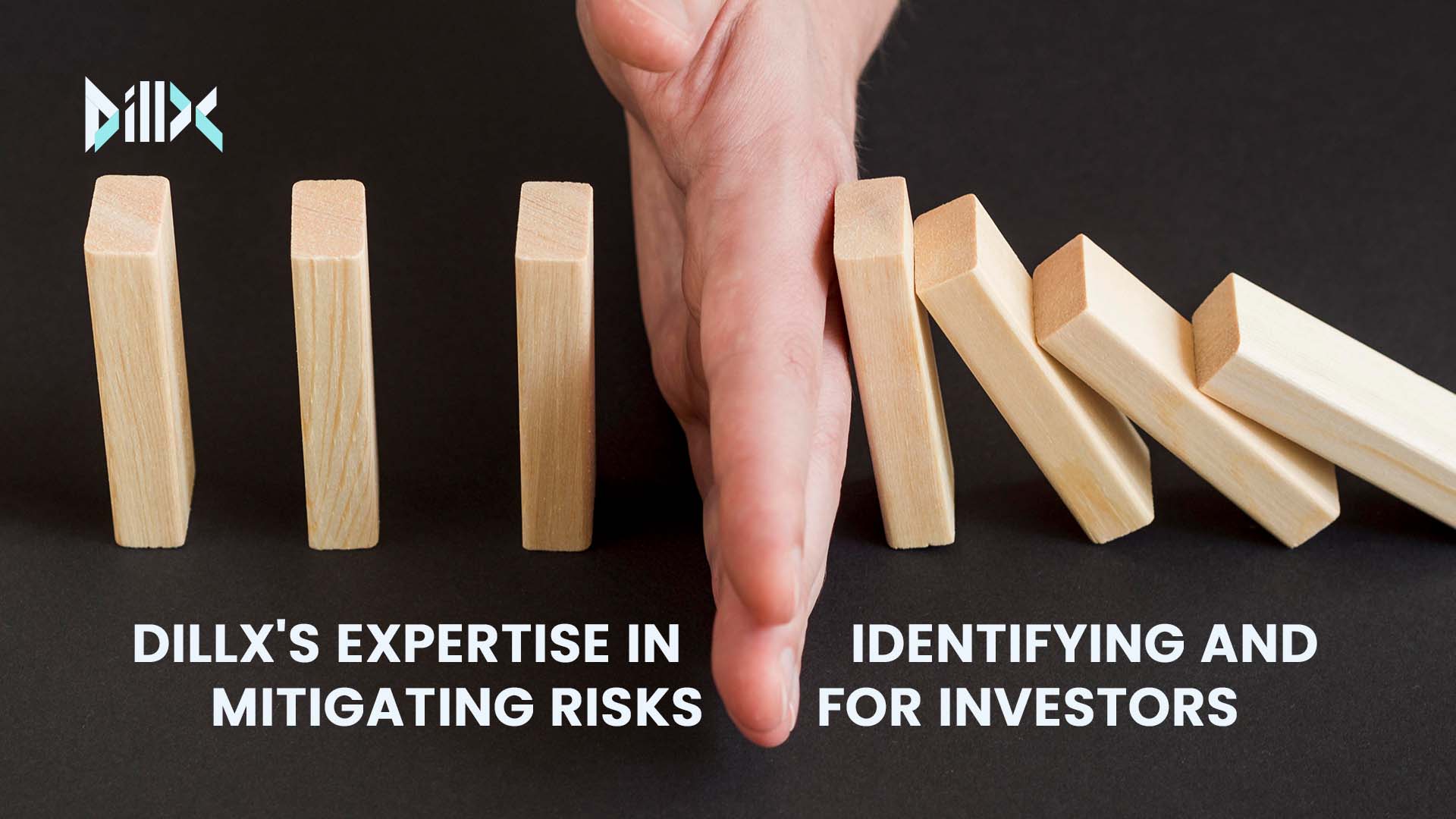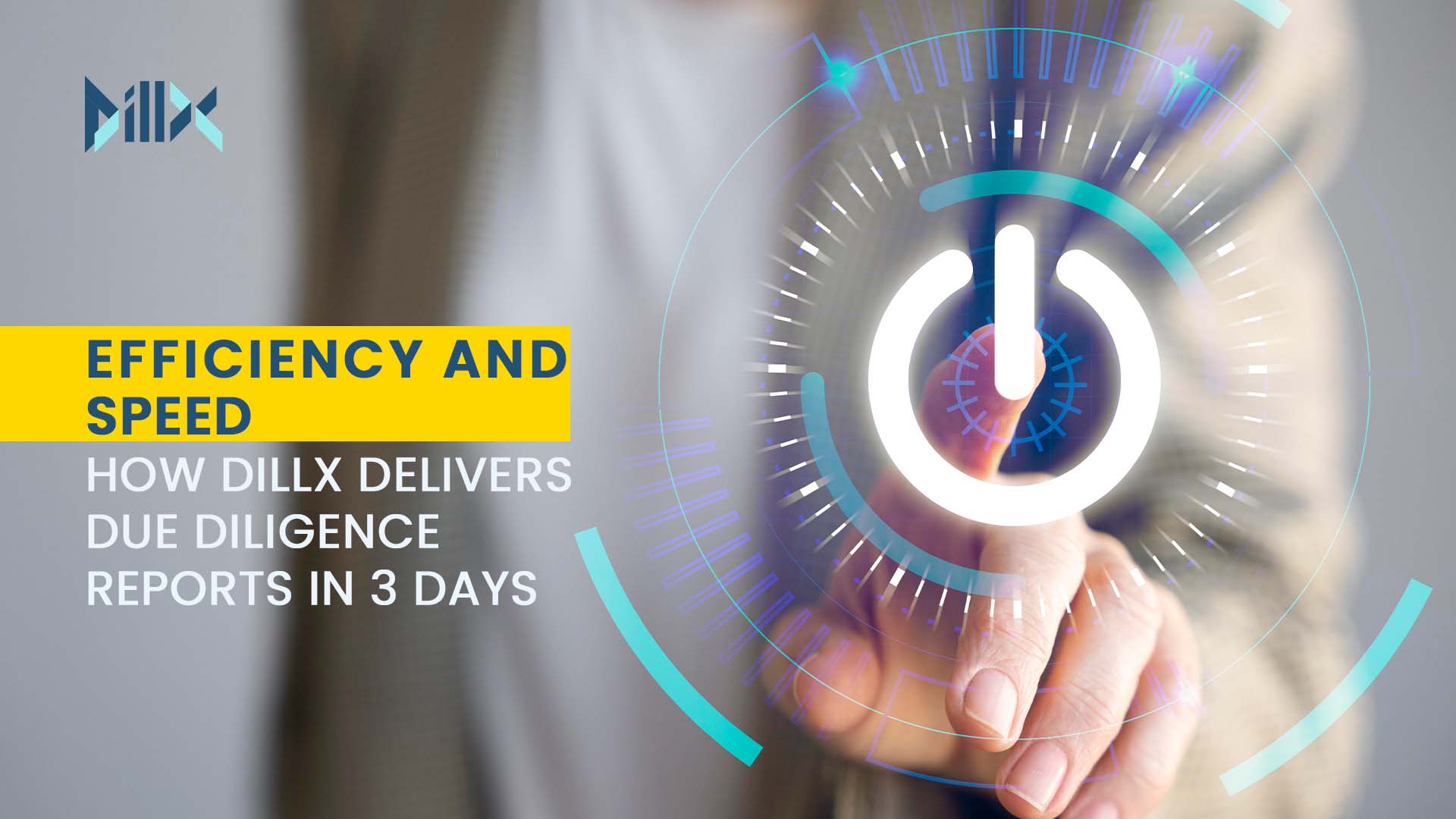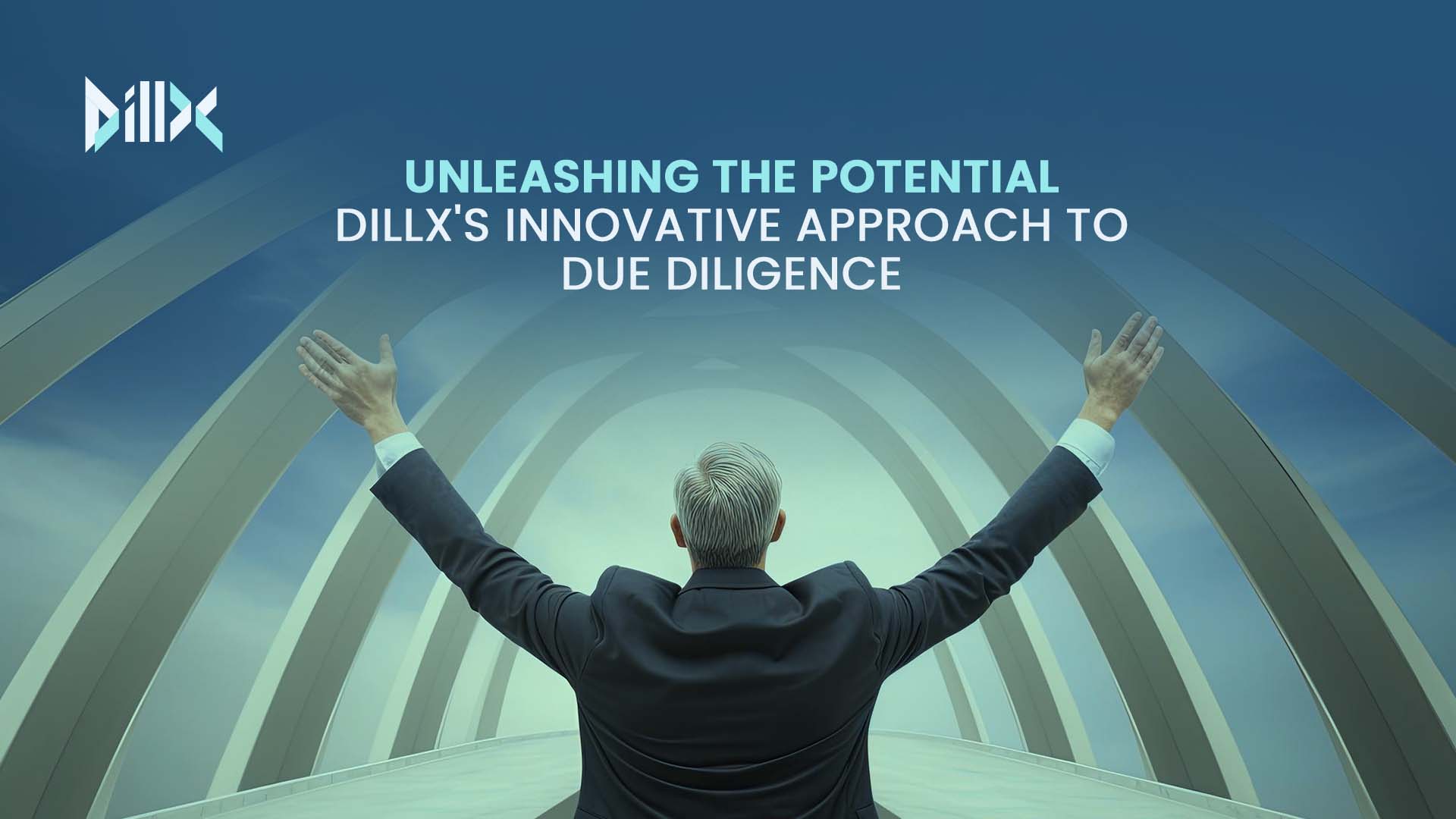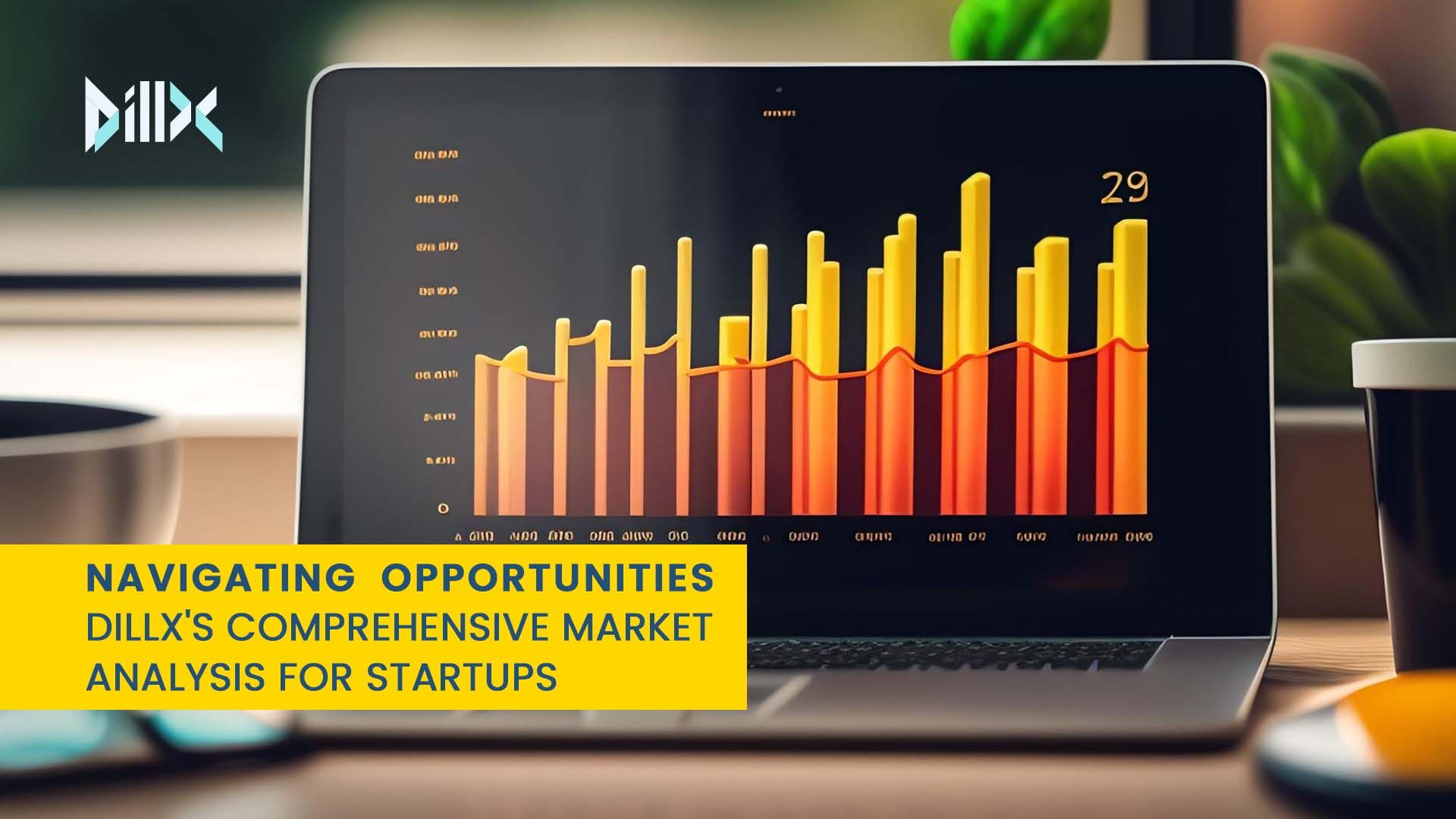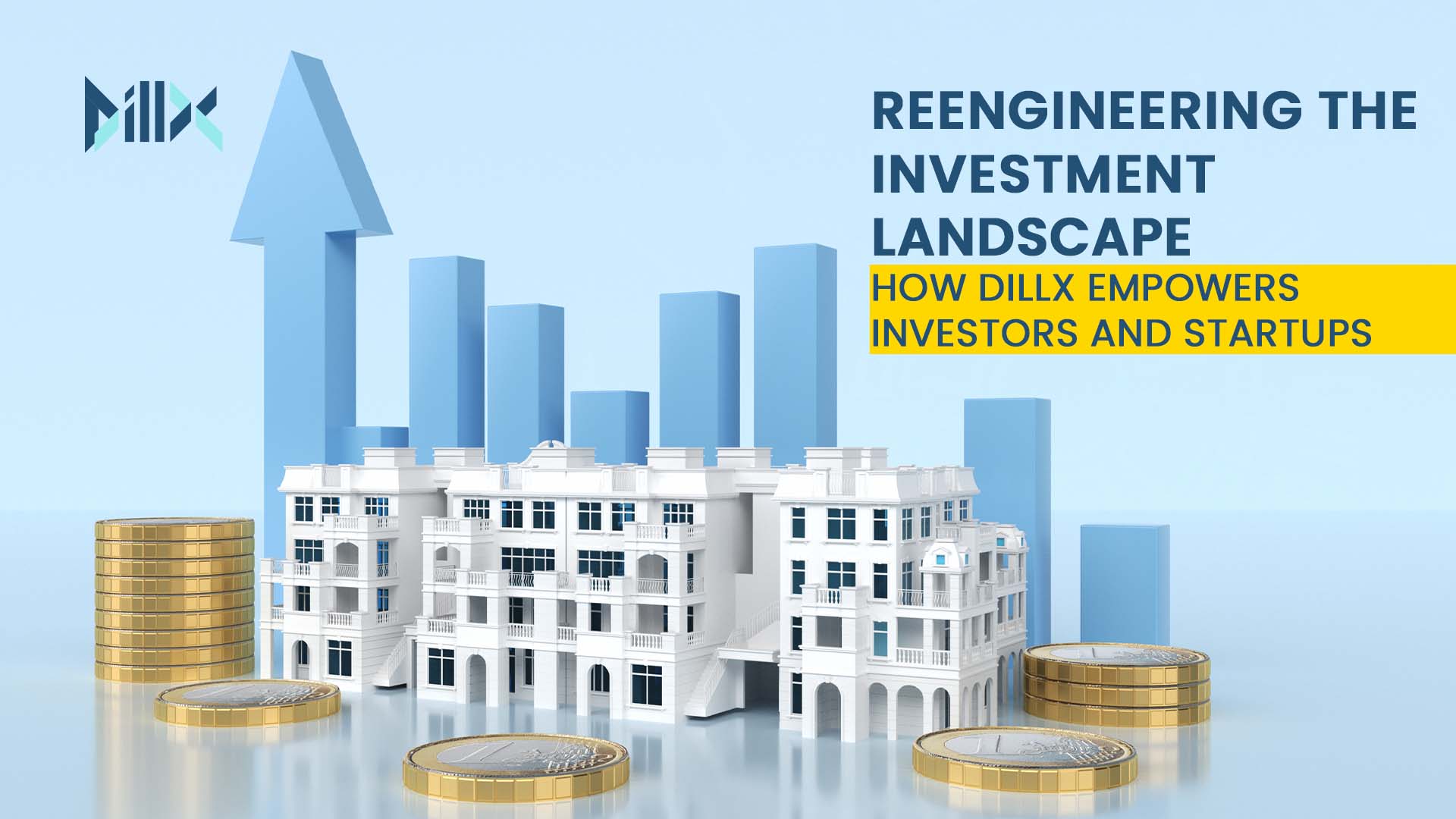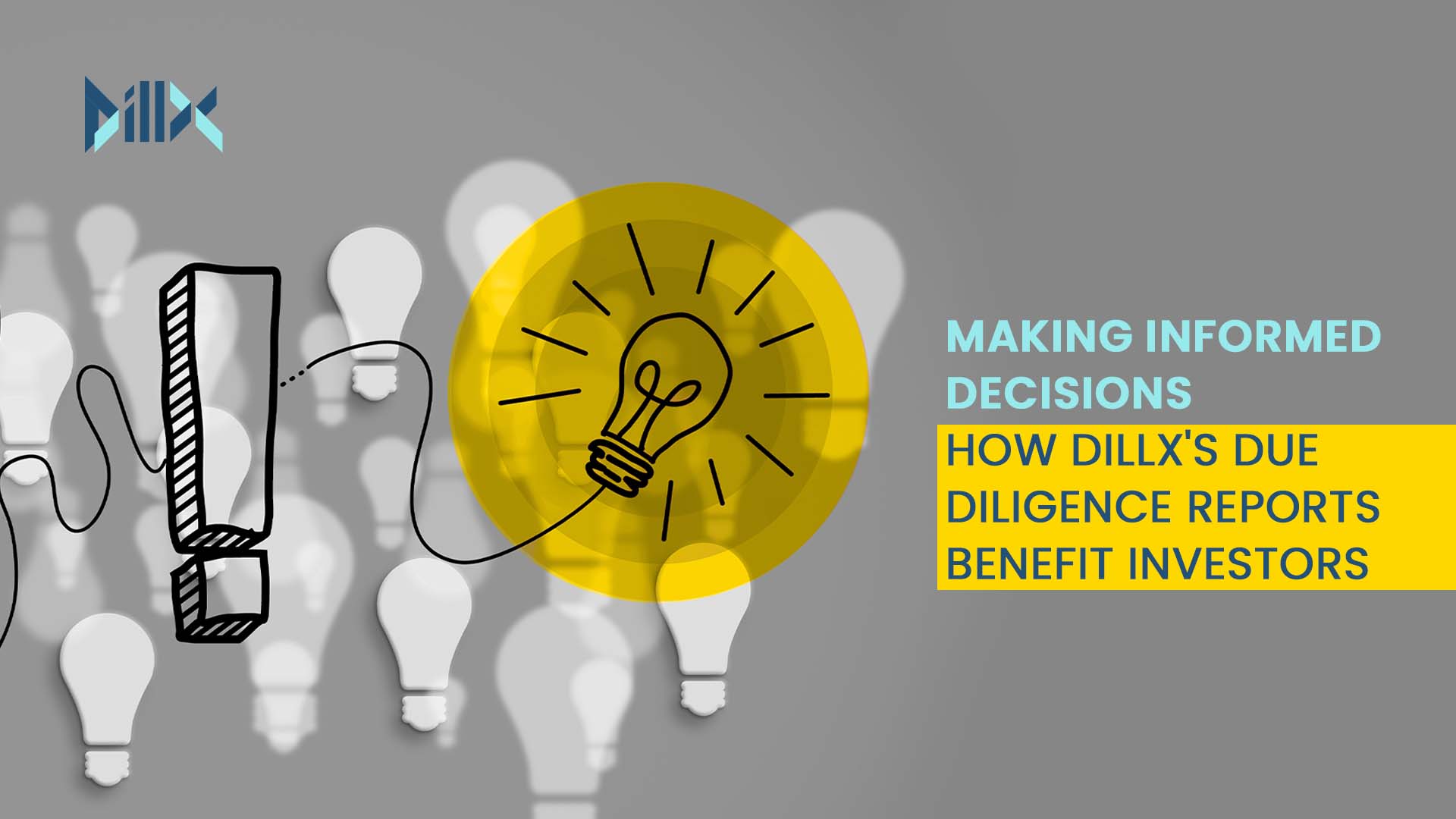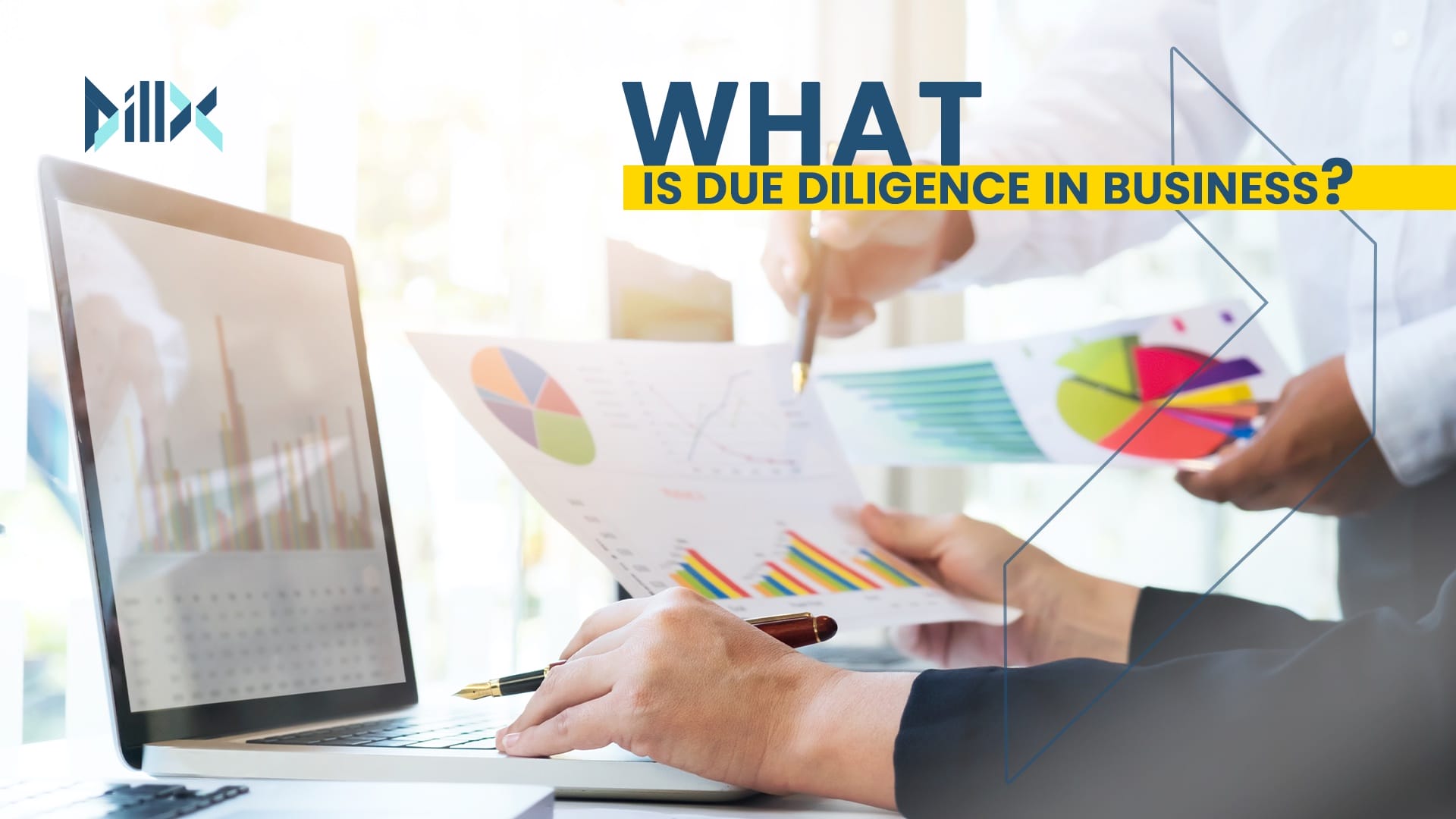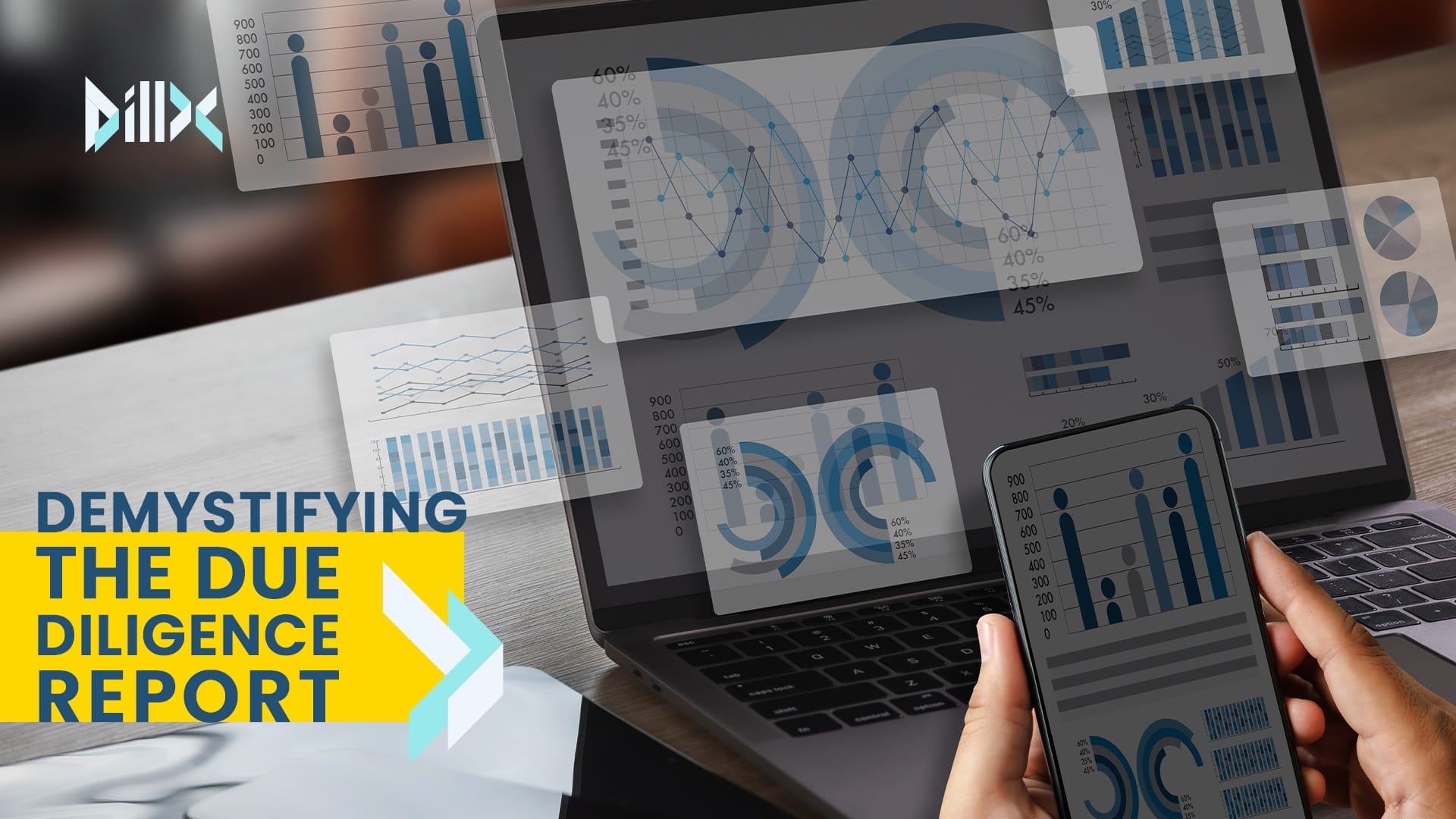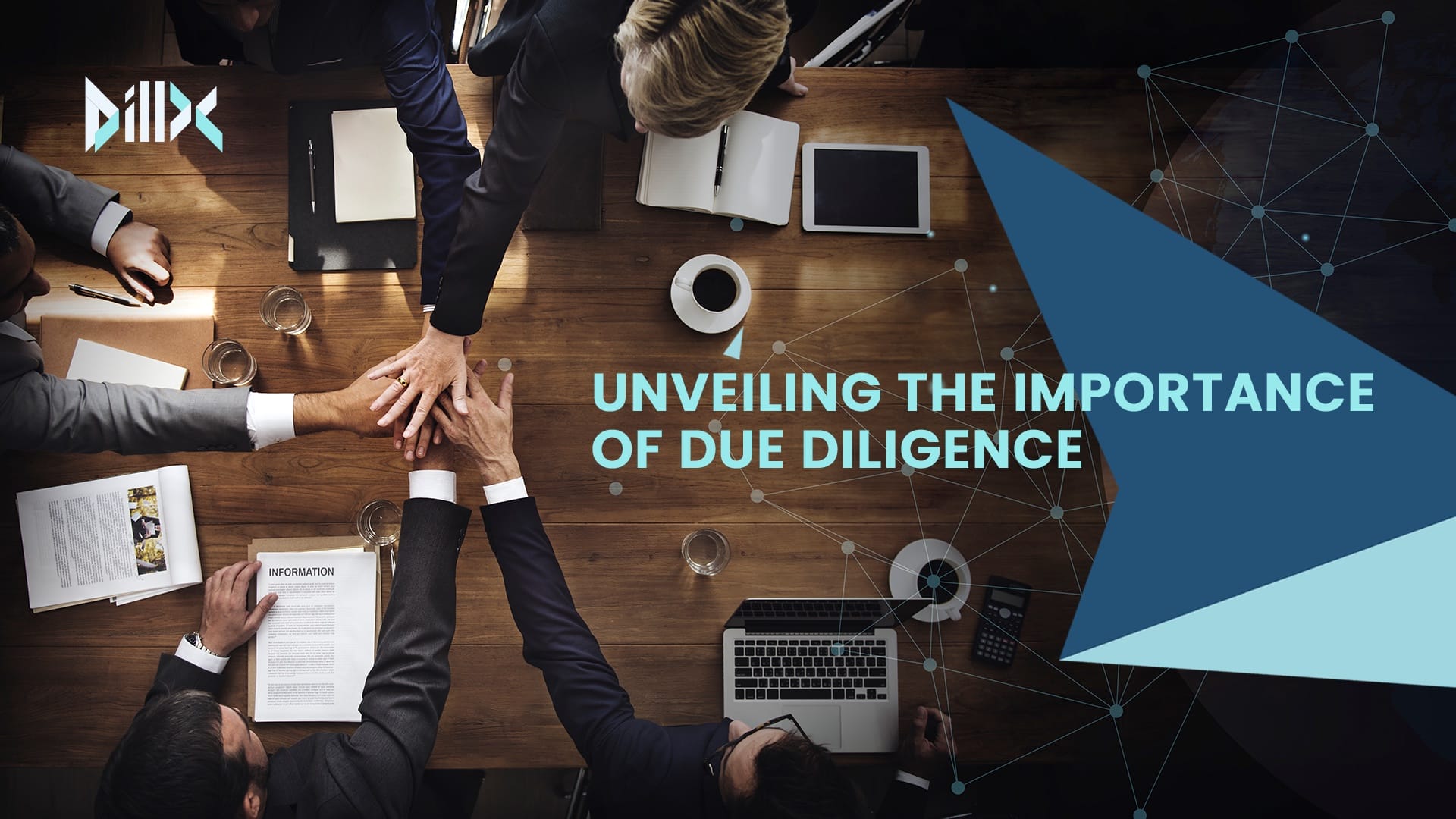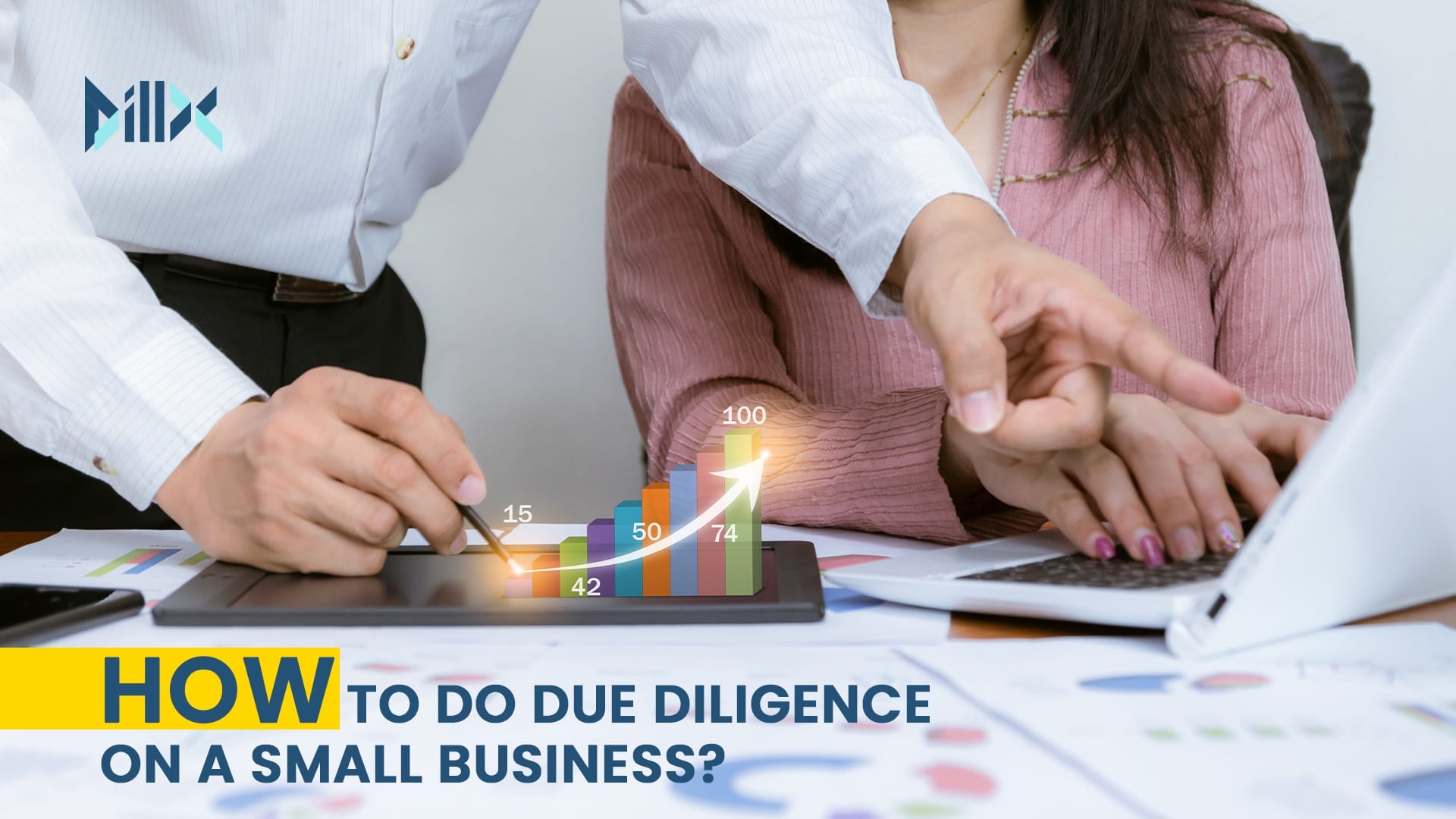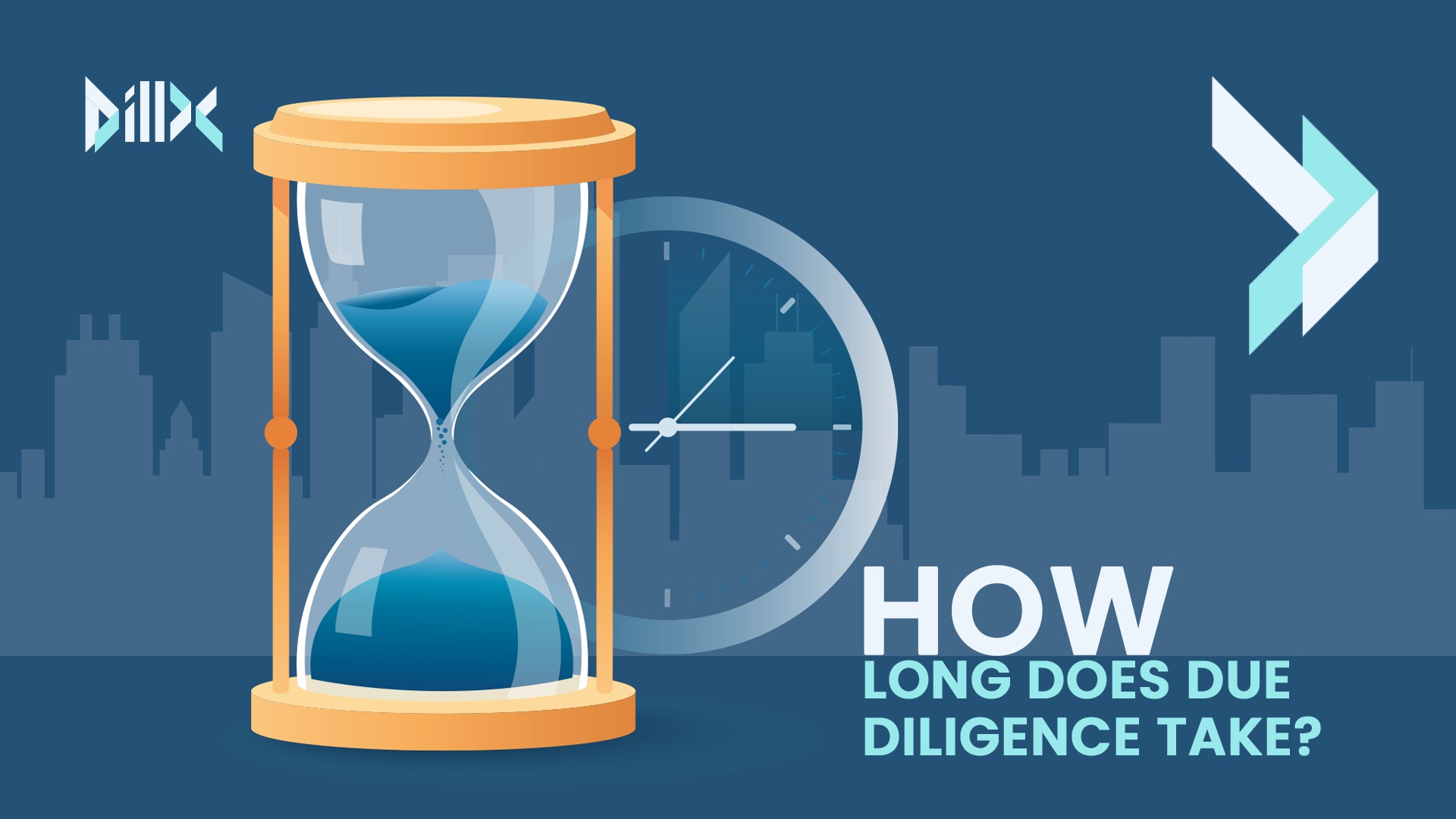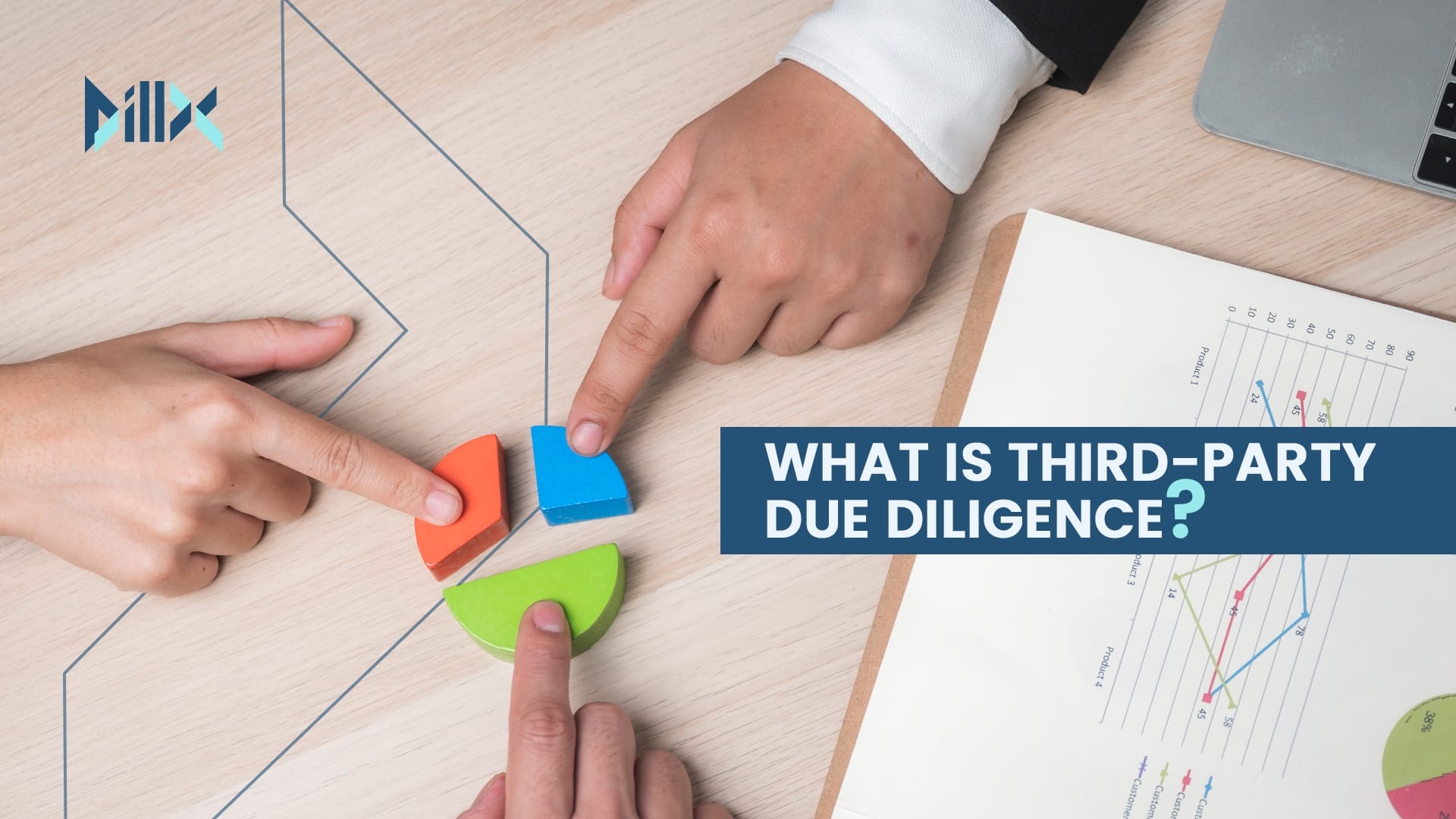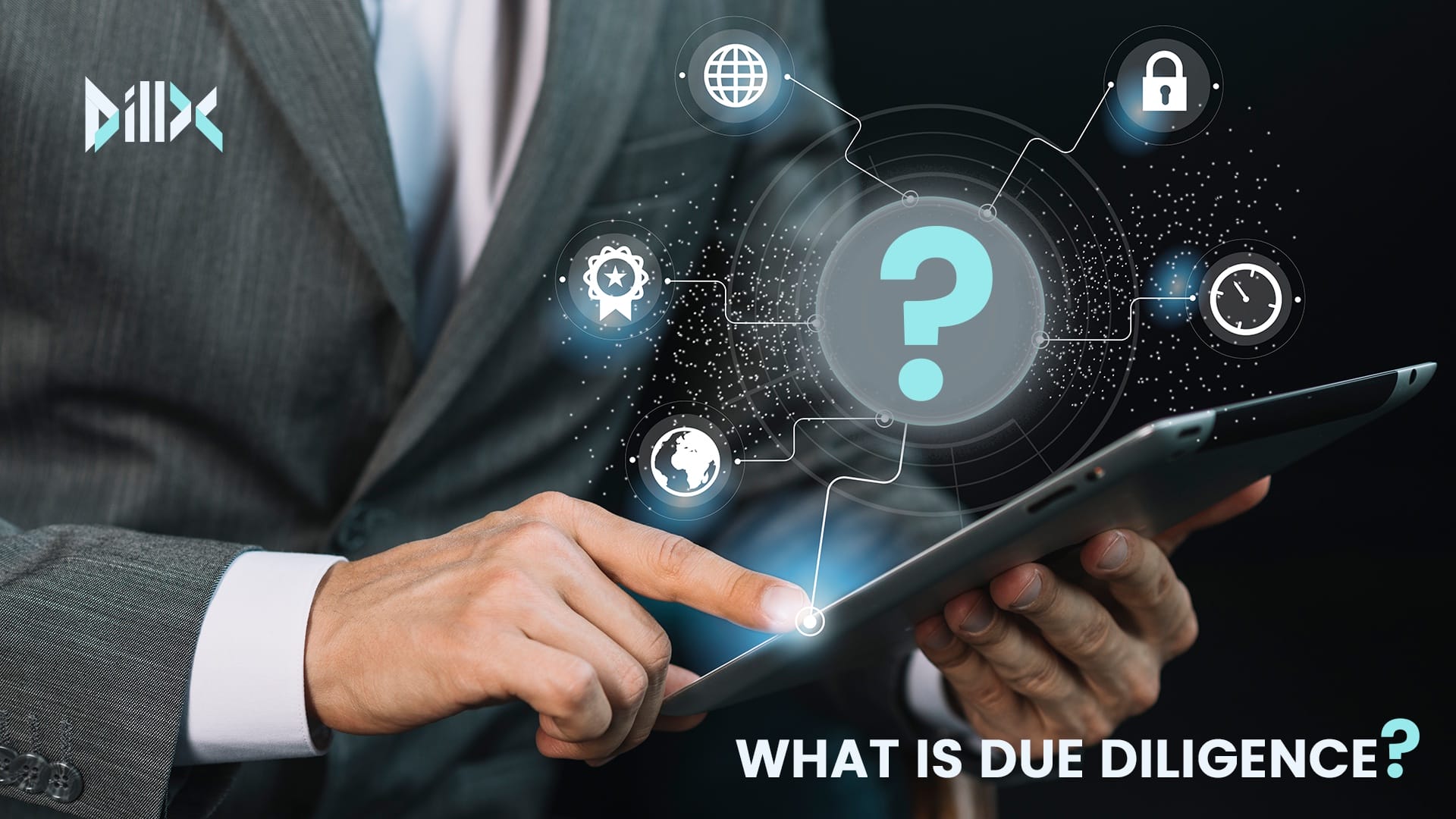In the business world, taking calculated risks is essential. However, it’s equally important to undertake a thorough investigation before diving into any significant business decision. This process is commonly known as “due diligence.” But what does due diligence mean in its various contexts? Let’s delve into its significance, types, and the impact of technological advancements on it.
What Does Due Diligence Mean?
In essence, due diligence refers to the exhaustive assessment conducted before entering into an agreement or a transaction with another party. It involves a deep dive into the financial, legal, and operational aspects of the concerned entity to identify any potential risks. The primary aim of the due diligence process is to ensure that there are no hidden liabilities or misleading information that could lead to regrettable business decisions.
Why is Due Diligence Important?
Due diligence plays a pivotal role in various scenarios, from mergers and acquisitions to real estate transactions, and from legal audits to vendor selection. Here’s why it’s crucial:
- Risk Mitigation: It helps identify potential risks and red flags, enabling businesses to make informed decisions.
- Legal Compliance: It ensures that the business follows all legal obligations, thus avoiding potential lawsuits or penalties.
- Financial Transparency: It provides a clear picture of the financial health of the concerned entity, preventing unforeseen financial losses.
- Operational Efficiency: It highlights operational bottlenecks, if any, thereby ensuring smooth business operations.
Due Diligence in Different Sectors
While the core concept remains the same, the process of due diligence varies across sectors. Let’s explore its application in a few key areas.
Real Estate Due Diligence
In real estate transactions, due diligence is a crucial step that involves comprehensive property evaluation before the final purchase. It includes assessing potential risks associated with the property, its location, and environmental factors. The outcome of this process can significantly influence the buyer’s decision and their eligibility for bank funding.
Legal Due Diligence
Legal due diligence entails a thorough investigation of potential legal risks associated with prospective business transactions or investments. It obligates the involved entities to disclose all necessary information to evaluate transaction risks. For instance, during mergers and acquisitions, banks undertake legal due diligence to examine both firms involved in the transaction.
Business Due Diligence
In the business realm, due diligence is regarded as a best practice for all transactional proceedings. It extends beyond buying entities to include purchases such as software, hardware, or any other assets that require company funds. The primary aim is to ensure that the purchases align with the broader company requirements.
DillX: Pioneering the Future of Due Diligence
In today’s digital age, innovative solutions like DillX are transforming the traditional due diligence process. DillX is a comprehensive platform designed to simplify the intricate aspects of due diligence by leveraging advanced algorithms and artificial intelligence.
Key Features of DillX
- Document Review: Automates the review process, reducing human error and enhancing scrutiny of vast data sets.
- Information Classification: Streamlines the due diligence process by correctly classifying diverse documents.
- Adaptive Legal Framework: Caters to specific legal nuances across different jurisdictions, making it suitable for global operations.
- Continuous Monitoring: Under constant scrutiny by a team of legal experts and data analysts, ensuring its functionalities align with evolving legal landscapes.
- Rapid Reporting: Reduces the time taken for due diligence reporting, enabling timely business decisions.
- Global Regulatory Landscape: Integrates regulatory requirements from jurisdictions worldwide, making it invaluable for international operations.
Conclusion
In conclusion, due diligence is a vital process that enables businesses to make informed decisions, mitigate risks, ensure legal compliance, and maintain financial transparency. With technological advancements and platforms like DillX, the process is becoming more streamlined, efficient, and effective. As we continue to embrace technology, the future of due diligence seems promising, with its scope extending beyond traditional boundaries.


